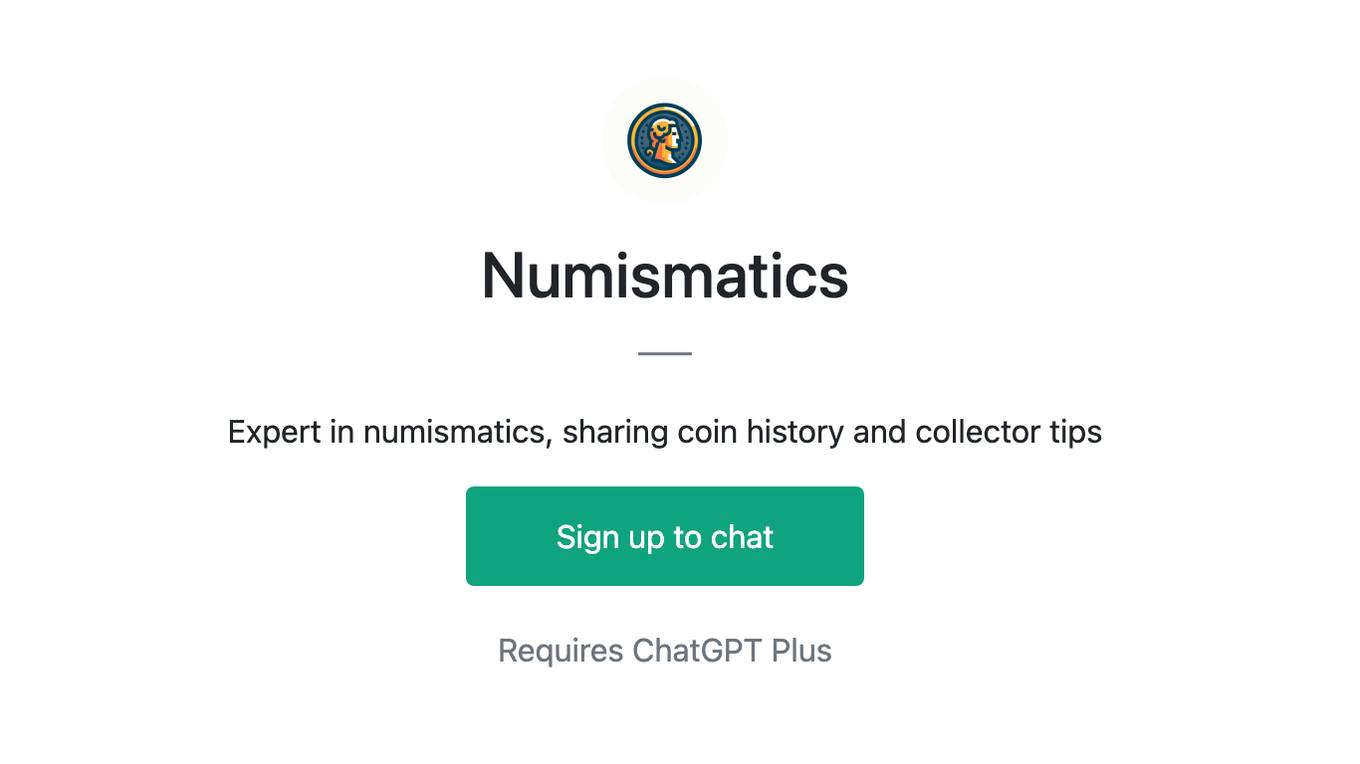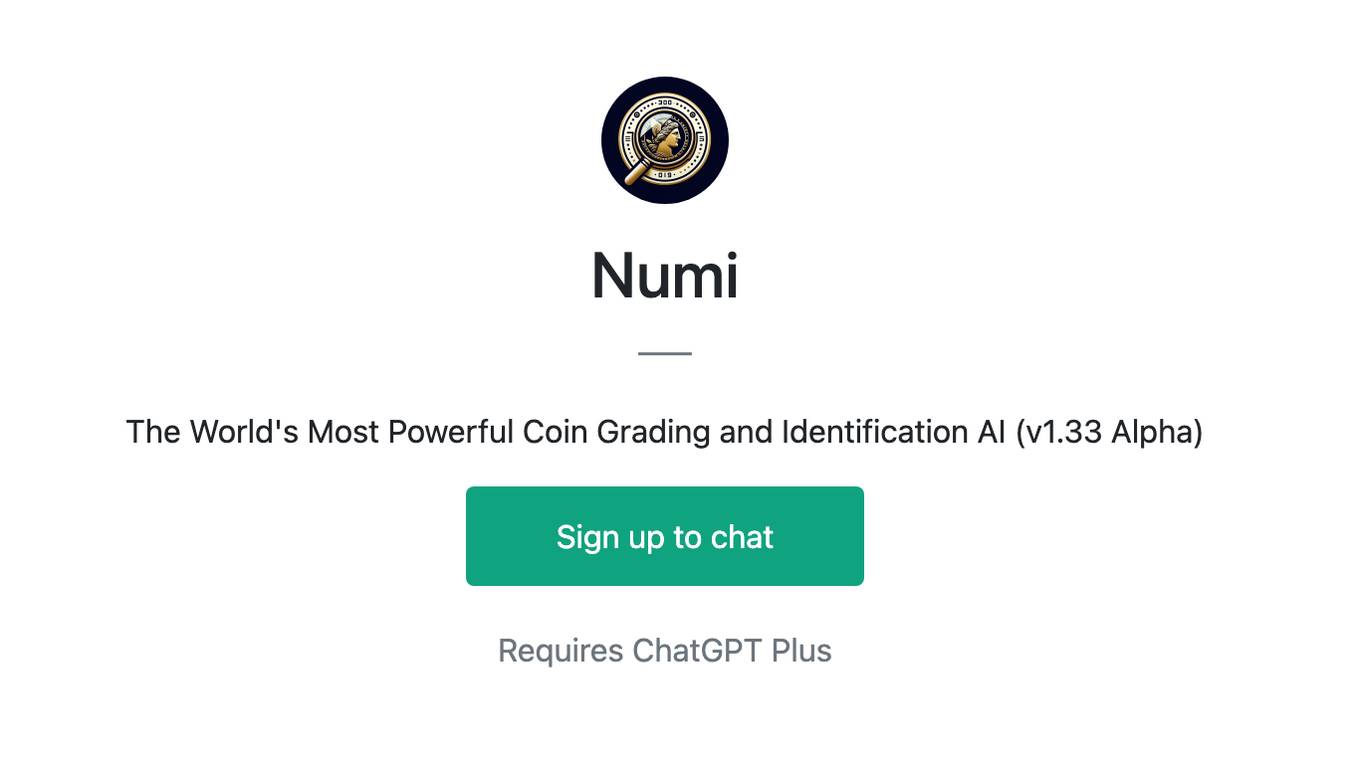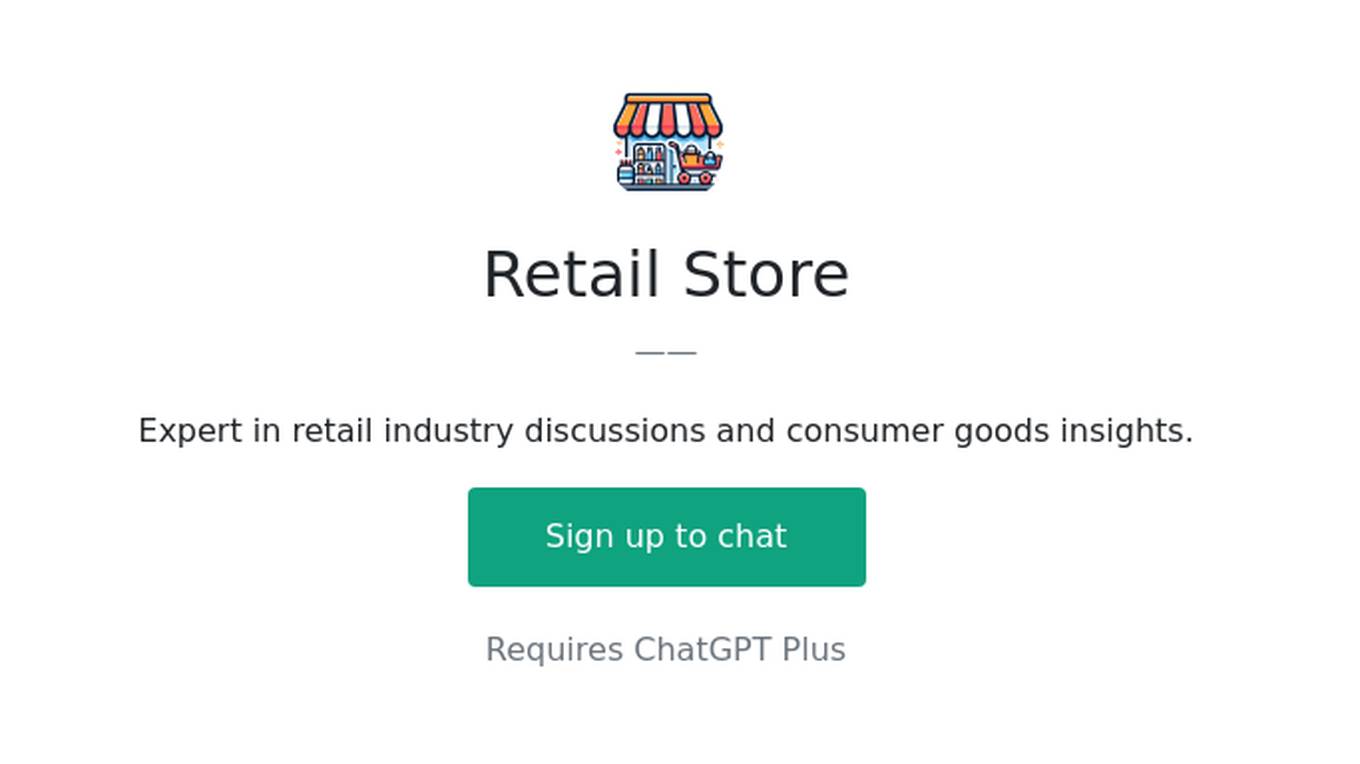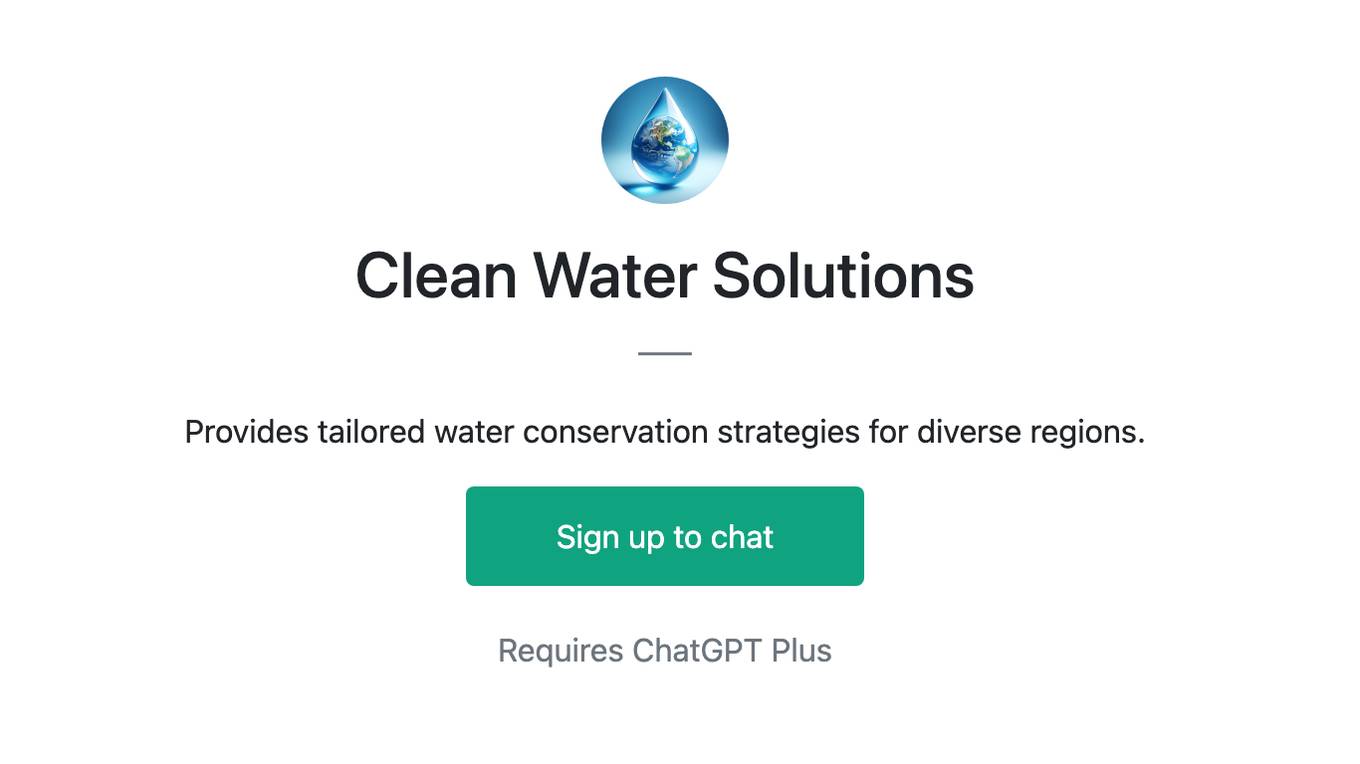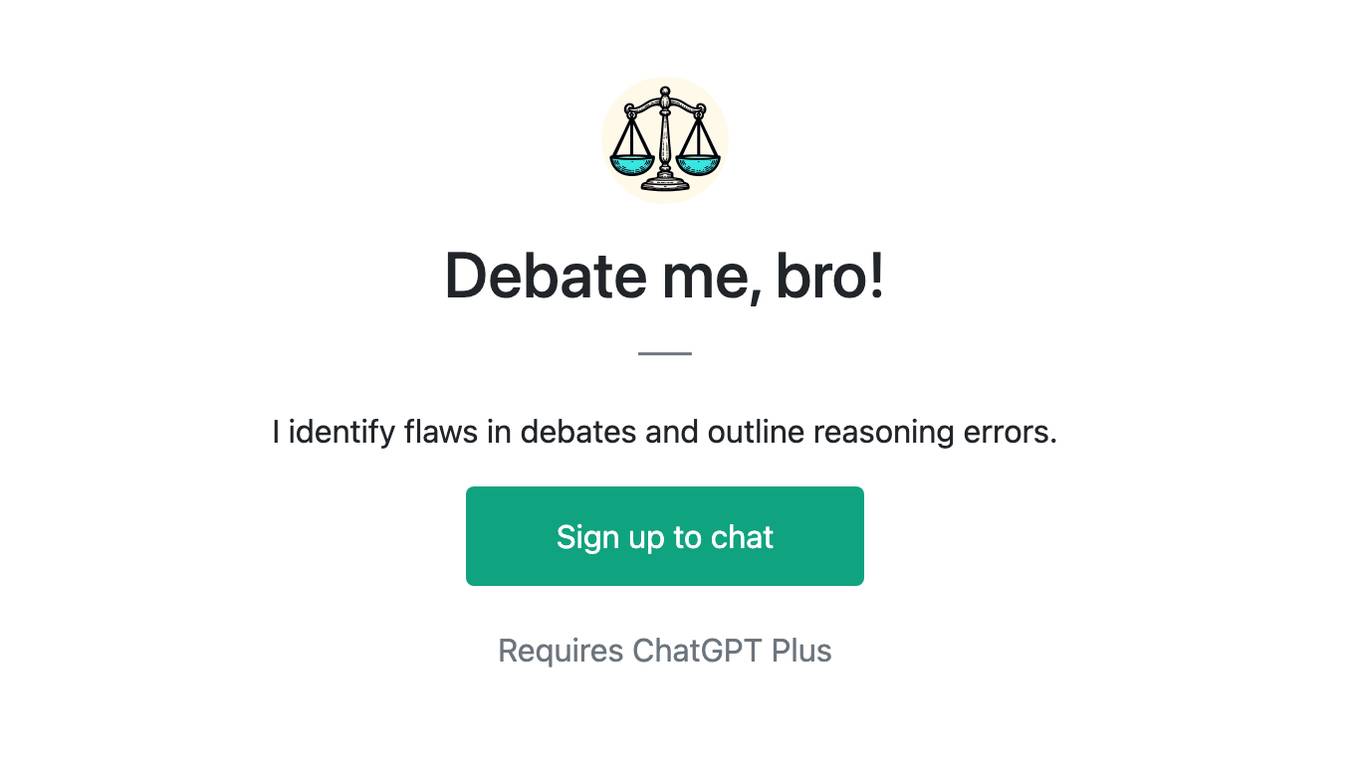Best AI tools for< Identify Coins >
20 - AI tool Sites
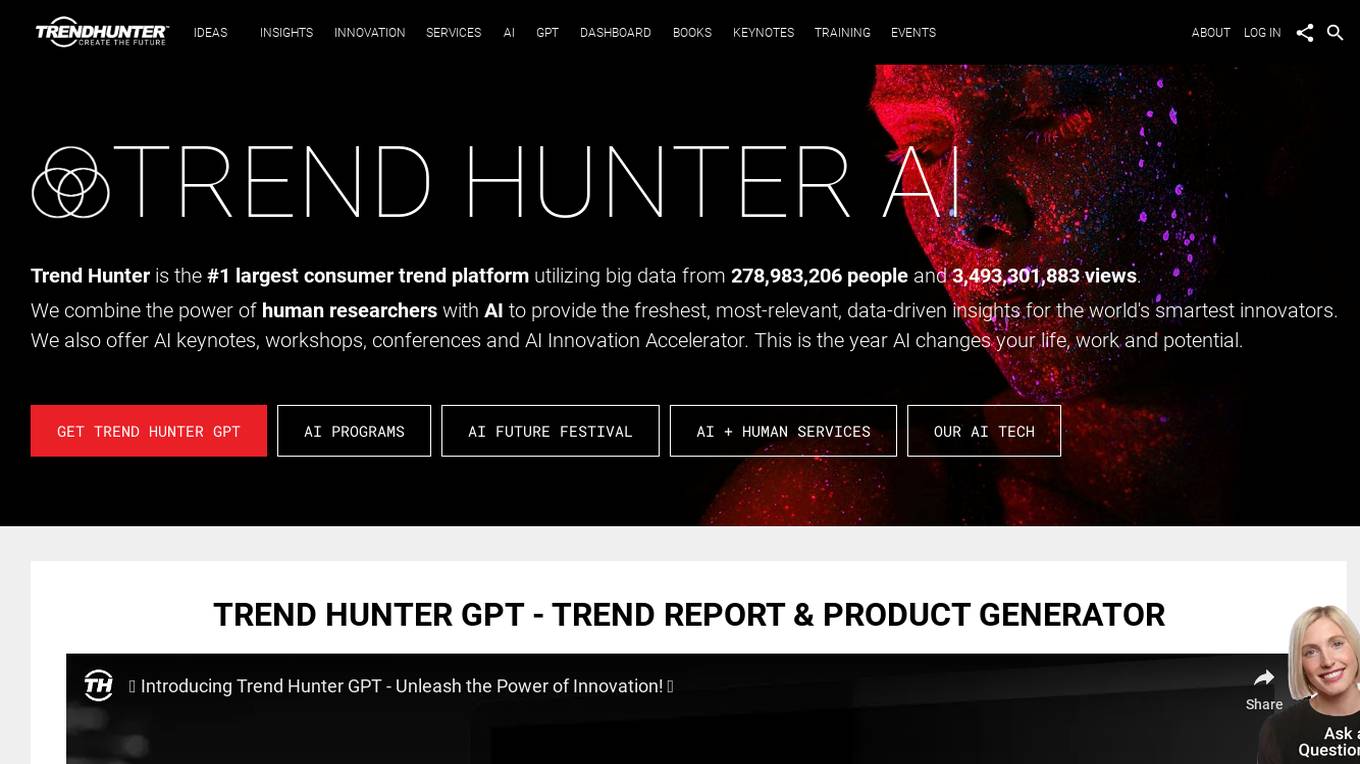
Trend Hunter
Trend Hunter is an AI-powered platform that offers a vast database of ideas and innovations, trend reports, consumer insights, advisory services, and training programs. It combines human researchers with AI to provide data-driven insights for innovators. The platform helps businesses accelerate innovation, identify trends, and stay ahead of the competition. Trend Hunter's AI capabilities include natural language processing, machine learning, image recognition, and consumer insights analysis.
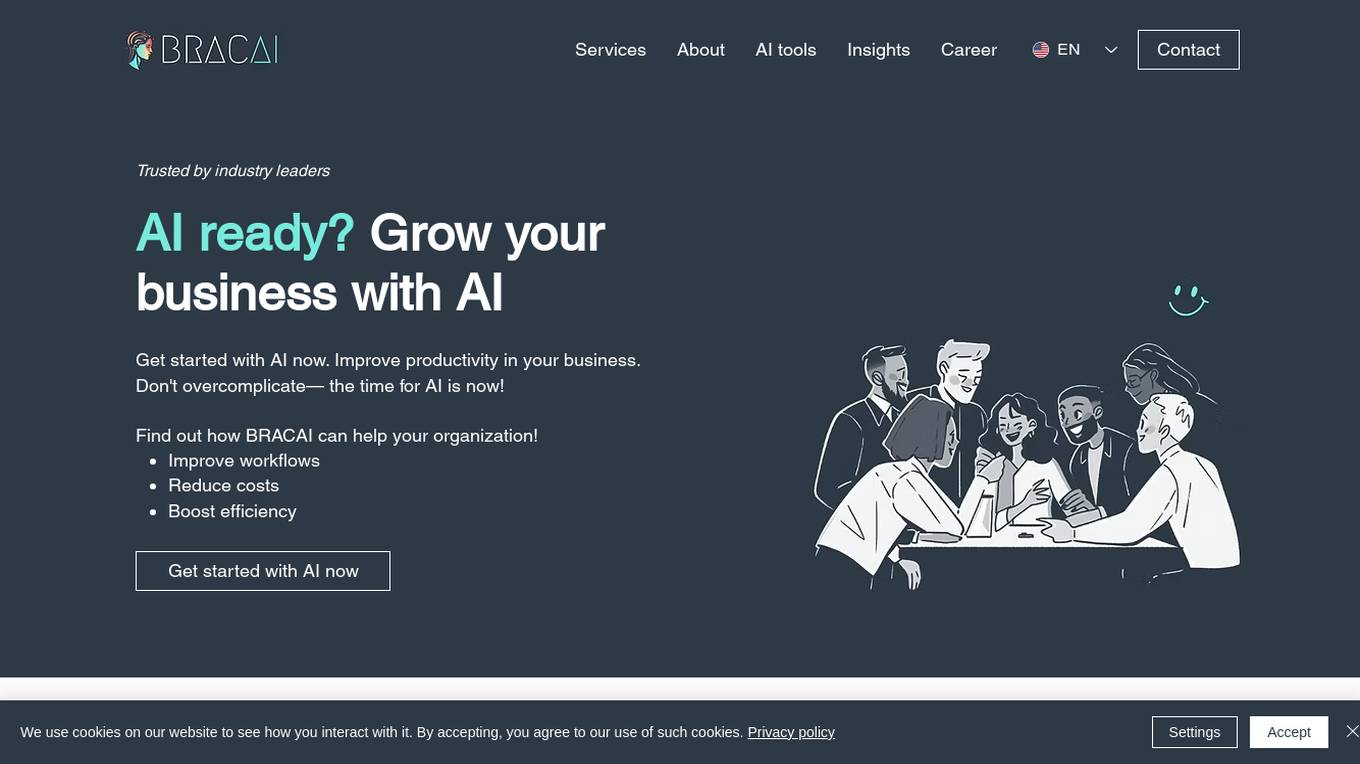
BRACAI AI Consulting Services
BRACAI AI Consulting Services is a platform that offers AI consulting services to businesses looking to leverage artificial intelligence to improve productivity, reduce costs, and boost efficiency. The platform helps companies identify AI use cases, develop AI solutions, and provide training to ensure successful AI transformation. With a focus on simplifying AI for businesses, BRACAI aims to help organizations navigate the path to AI adoption and implementation.
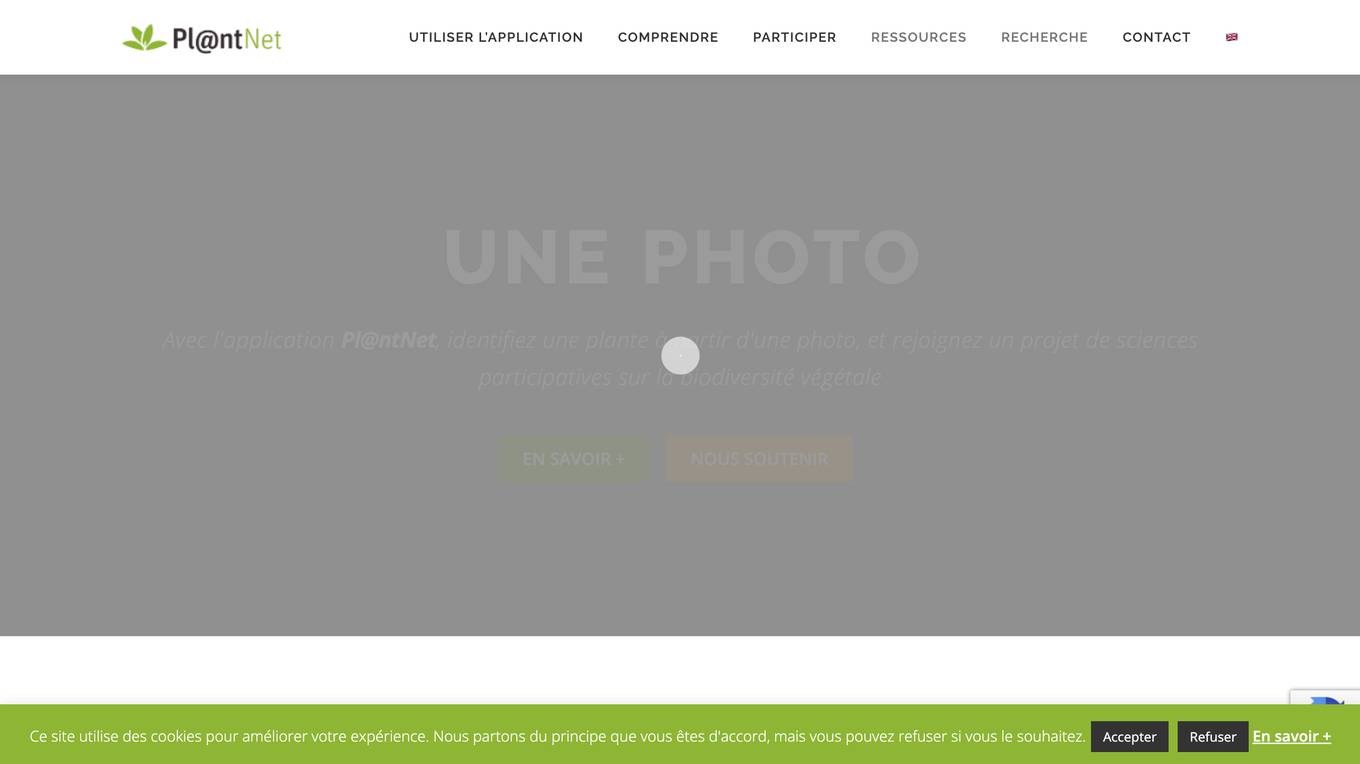
Pl@ntNet
Pl@ntNet is a citizen science project available as an application that helps you identify plants from your photos. It is a collaborative project that brings together scientists, naturalists, and citizens from all over the world to collect and share data on plant diversity. The app uses artificial intelligence to identify plants from photos, and the data collected is used to create a global database of plant diversity. Pl@ntNet is free to use and is available in over 20 languages.
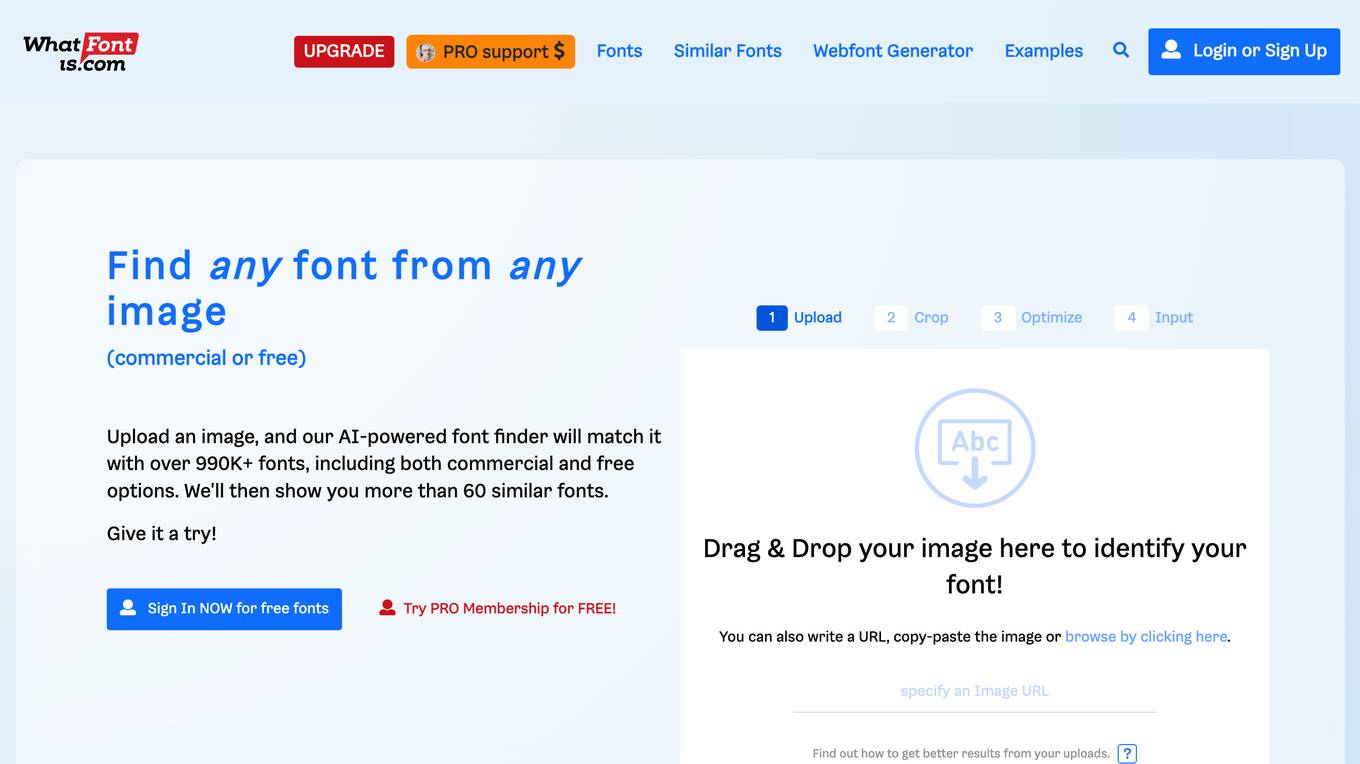
Font Finder
Font Finder by What Font Is is an AI-powered tool that allows users to identify any font from any image, whether commercial or free. Users can upload an image, and the AI-powered font finder will match it with over 990K+ fonts, including both commercial and free options. The tool then displays more than 60 similar fonts for users to explore and use. Font Finder aims to provide users with a seamless experience in identifying and choosing fonts for various design projects.
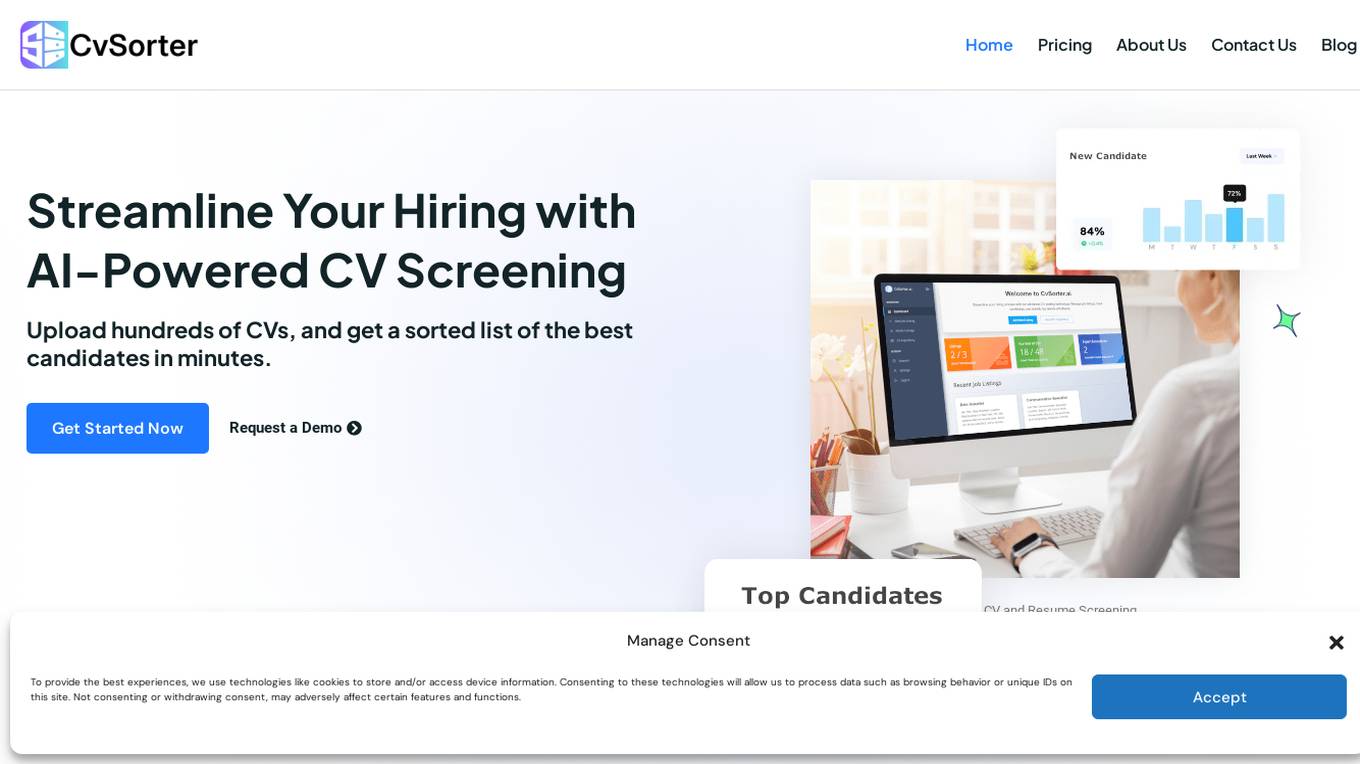
CvSorter
CvSorter is an AI-powered CV and resume screening tool that streamlines the hiring process by automating screening, improving accuracy, and saving time. It allows users to upload job descriptions and candidate CVs to identify top talent efficiently. With customizable criteria and detailed reporting, CvSorter enhances recruitment workflow by focusing on identifying the best candidates quickly and accurately.
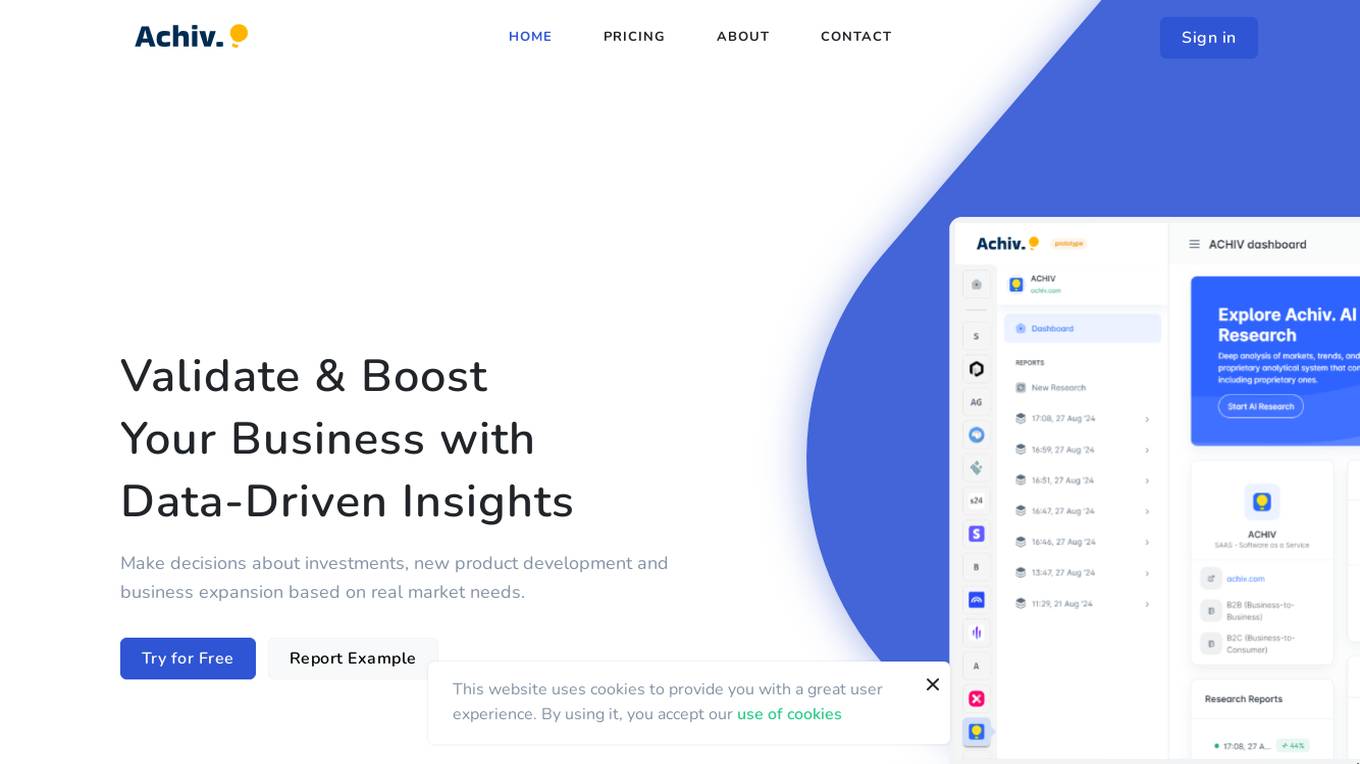
ACHIV
ACHIV is an AI tool for ideas validation and market research. It helps businesses make informed decisions based on real market needs by providing data-driven insights. The tool streamlines the market validation process, allowing quick adaptation and refinement of product development strategies. ACHIV offers a revolutionary approach to data collection and preprocessing, along with proprietary AI models for smart analysis and predictive forecasting. It is designed to assist entrepreneurs in understanding market gaps, exploring competitors, and enhancing investment decisions with real-time data.
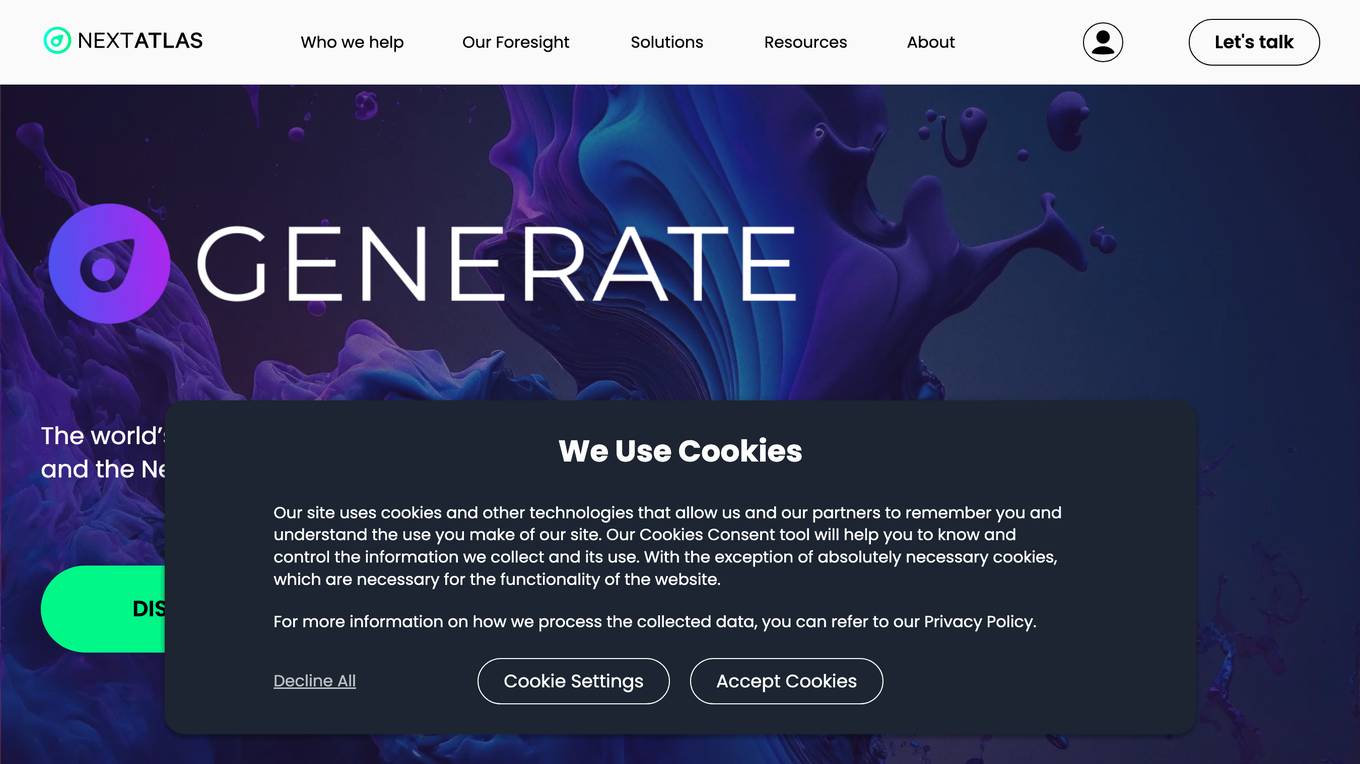
Nextatlas
Nextatlas is an AI-powered trend forecasting service that helps businesses understand, innovate, launch, make, and win. It provides data-rich trend prediction built through analysis on the interests and behaviors from the consumers that drive change, experts, and innovators. Nextatlas' AI can quickly be tailored to your specific business challenges and uncover attractive business opportunities. It brings you to findings that represent what will happen in the future, that you cannot know when you begin searching.

Wildlife Insights
Wildlife Insights is an AI application that brings cutting-edge technology to wildlife conservation. It streamlines decision-making by providing machine learning models and tools to manage, analyze, and share camera trap data. Users can easily upload, identify, analyze, and discover wildlife through the platform, enabling better decisions to help wildlife thrive globally.
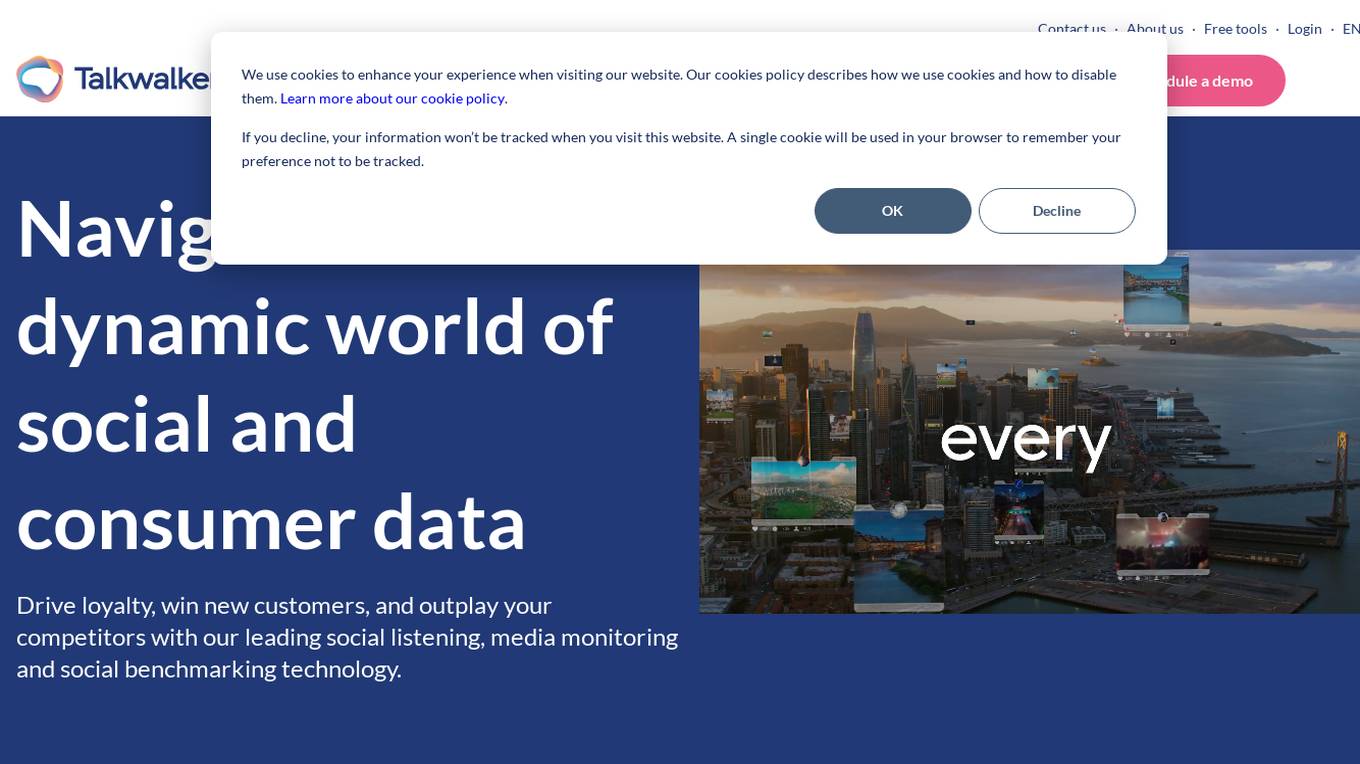
Talkwalker
Talkwalker is a leading consumer intelligence platform that provides social listening, media monitoring, and social benchmarking technology. It helps businesses navigate the dynamic world of social and consumer data to drive loyalty, win new customers, and outplay competitors. Talkwalker's platform is used by over 2,500 brands and is a leader in The Forrester New Wave™ AI-Enabled Consumer Intelligence Platforms Q3 2021.

Dezan AI
Dezan AI is a DIY data collection and analysis platform powered by AI, focusing on collecting real-time data from interest-based respondents worldwide. It offers an easy way to create surveys, with features like pre-defined templates, multiple question types, and AI-assisted survey creation and analysis. Dezan AI helps users set survey goals, reach the right audience, and analyze collected data efficiently.

TechTarget
TechTarget is a leading provider of purchase intent data and marketing services for the technology industry. Our data-driven solutions enable technology companies to identify and engage with their target audiences, and to measure the impact of their marketing campaigns. We offer a range of products and services, including:
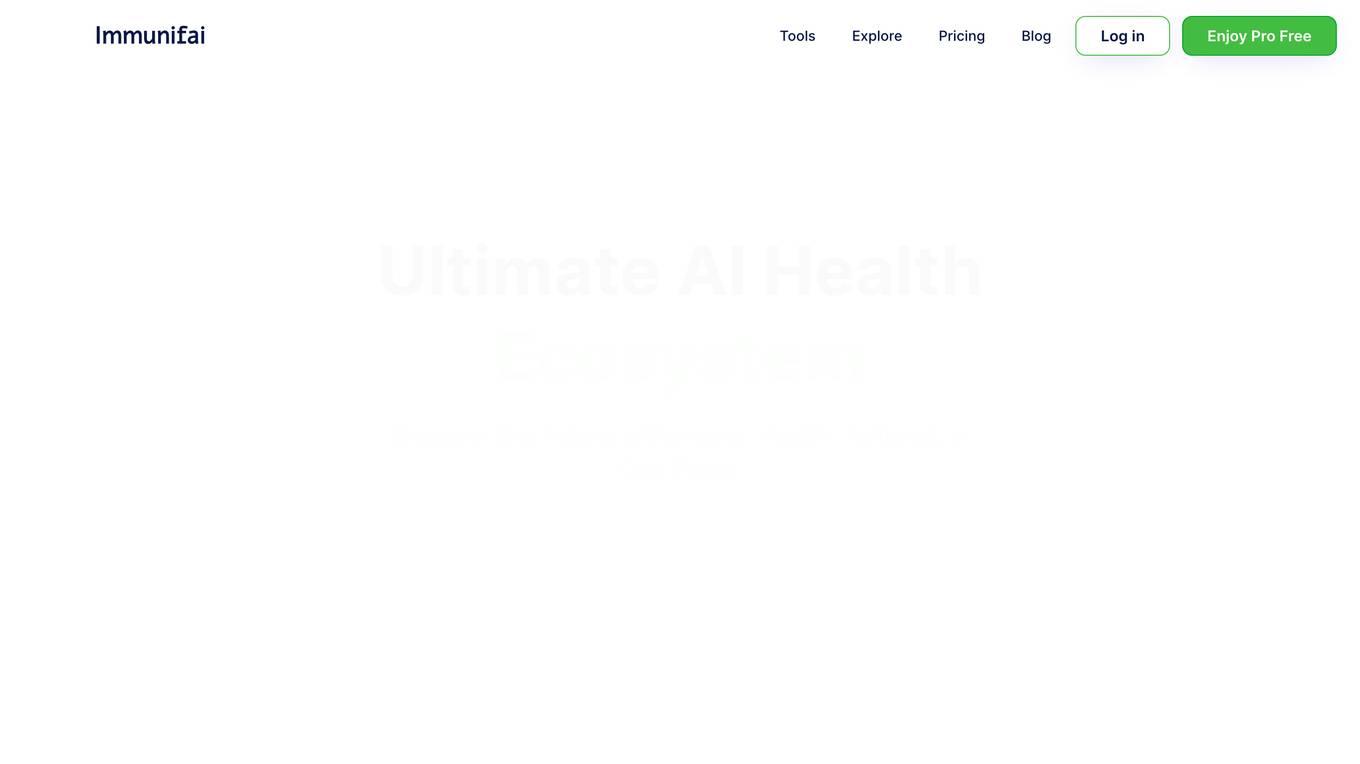
Immunifai
Immunifai is a cybersecurity company that provides AI-powered threat detection and response solutions. The company's mission is to make the world a safer place by protecting organizations from cyberattacks. Immunifai's platform uses machine learning and artificial intelligence to identify and respond to threats in real time. The company's solutions are used by a variety of organizations, including Fortune 500 companies, government agencies, and financial institutions.
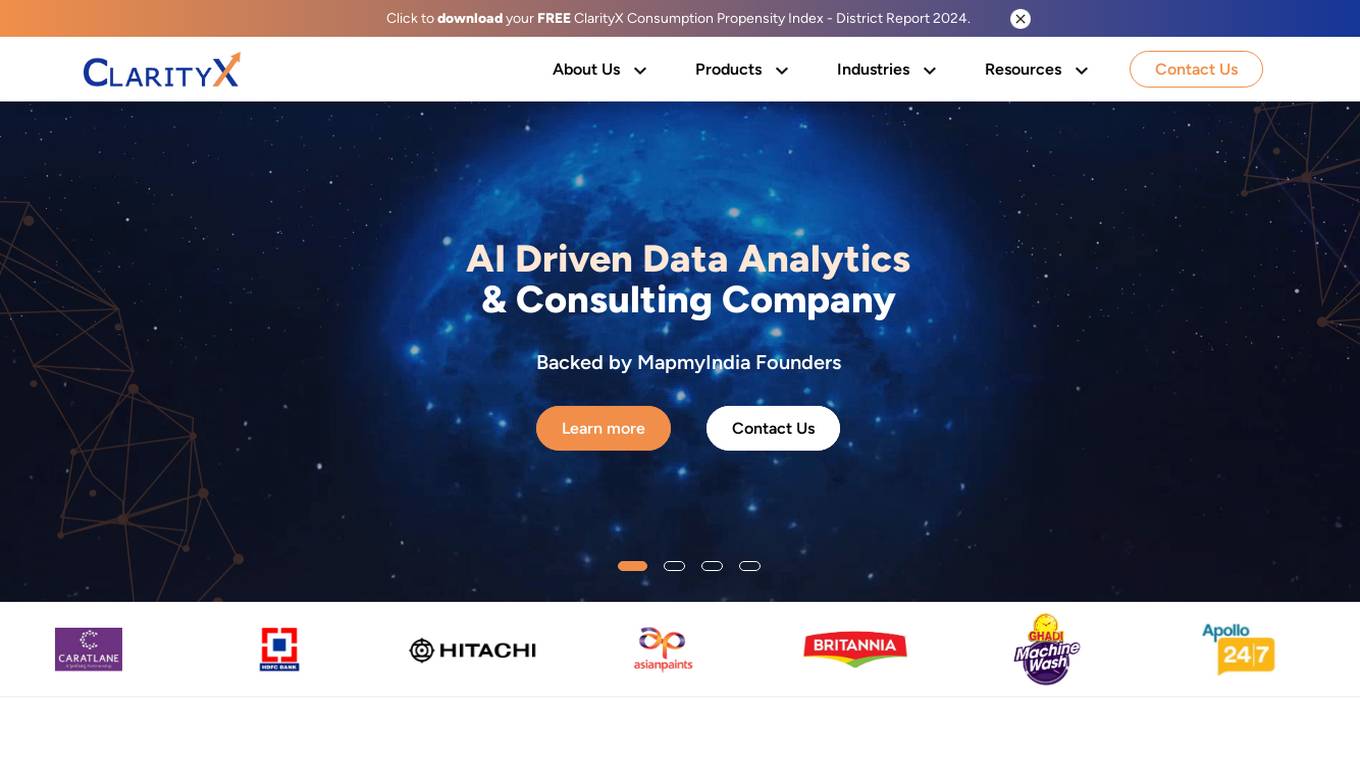
ClarityX
ClarityX is an AI-driven data analytics and consulting company that empowers enterprises with insights from multi-dimensional static and real-time data. They offer analytical solutions and strategic partnerships to enable immediate decision-making and drive digital transformation. With a focus on democratizing analytics, ClarityX aims to make their customers leaders in their industries by providing custom AI models and full-stack solutions using data analytics and visualization tools.
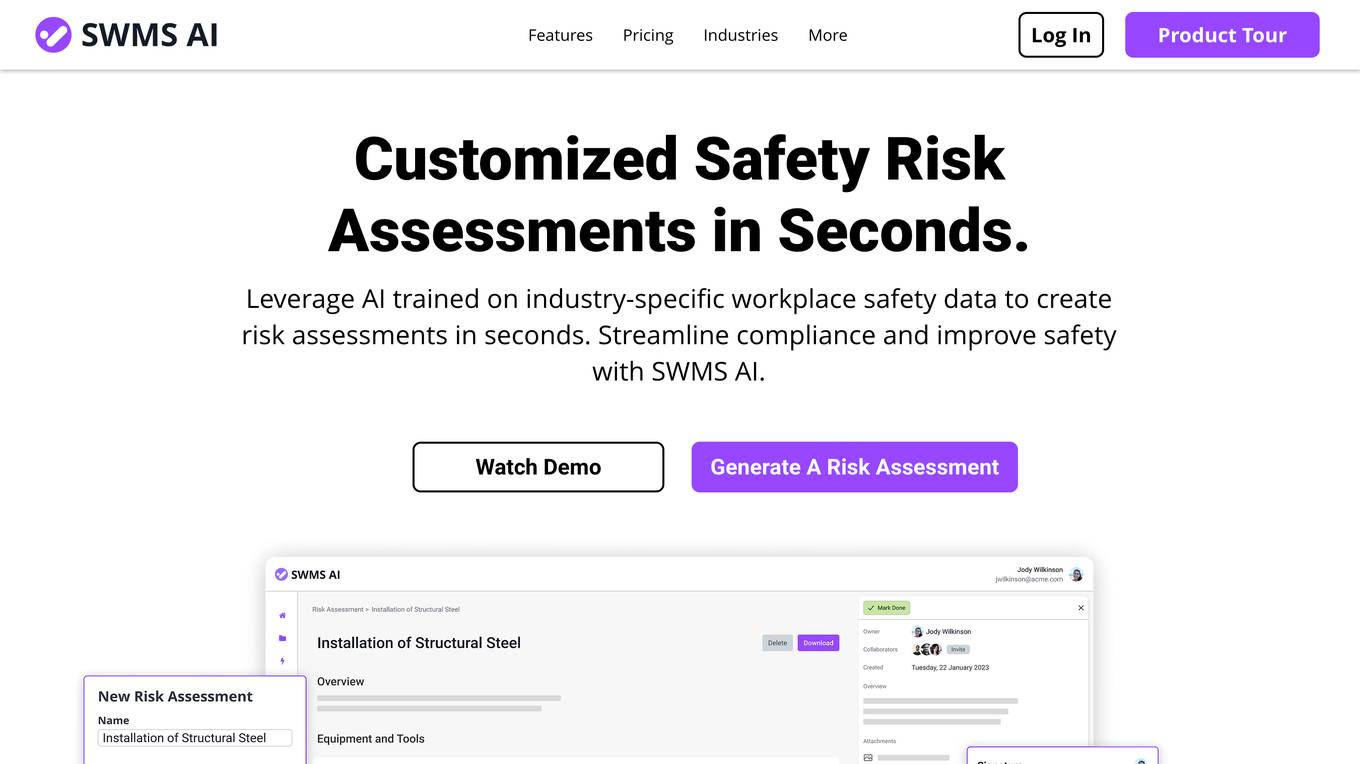
SWMS AI
SWMS AI is an AI-powered safety risk assessment tool that helps businesses streamline compliance and improve safety. It leverages a vast knowledge base of occupational safety resources, codes of practice, risk assessments, and safety documents to generate risk assessments tailored specifically to a project, trade, and industry. SWMS AI can be customized to a company's policies to align its AI's document generation capabilities with proprietary safety standards and requirements.

MarqVision
MarqVision is a modern brand protection platform that offers solutions for full marketplace coverage, anti-counterfeit measures, impersonation monitoring, offline services including revenue recovery, and content protection services such as pirated content detection and illegal listings removal. The platform also provides trademark management services and industry-specific solutions for beauty, fashion, auto, pharmaceuticals, food & beverage, network marketing, and natural health products.
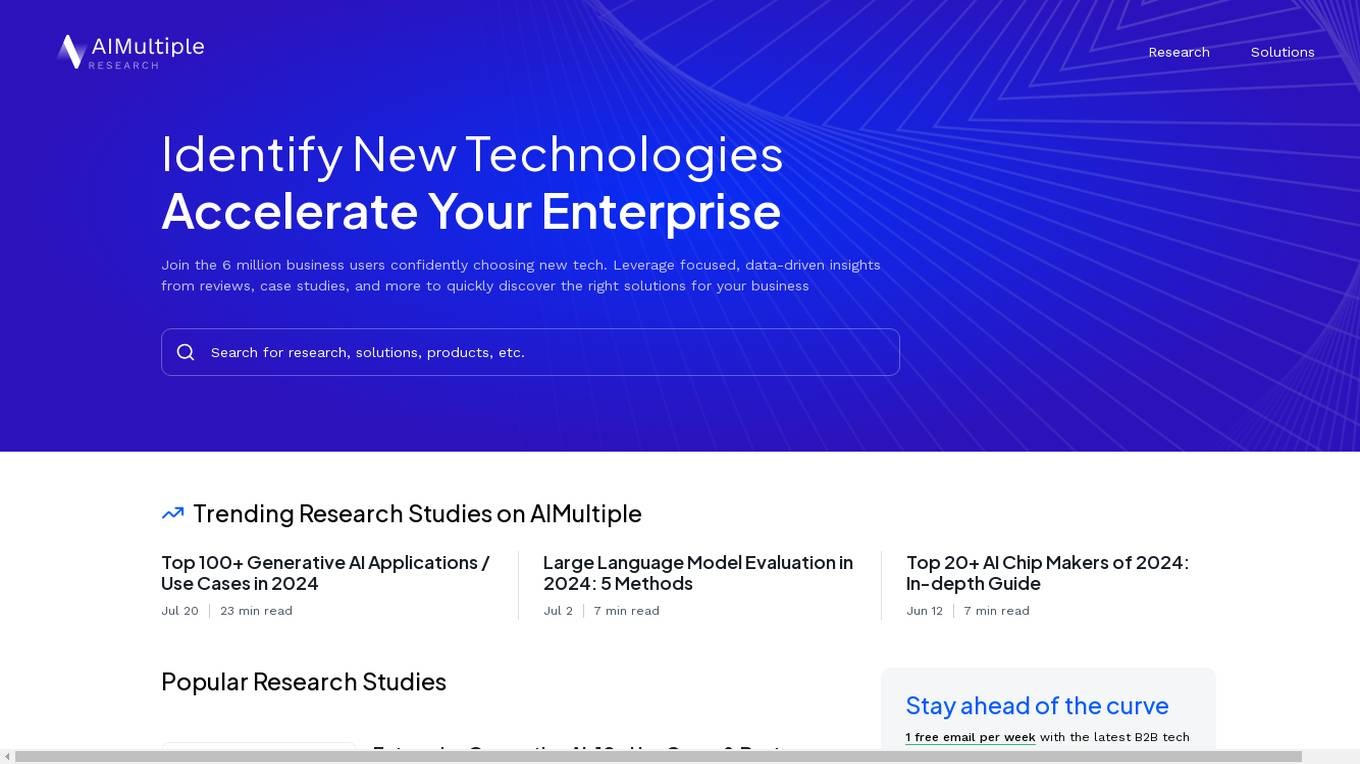
Enterprise AI Solutions
The website is an AI tool that offers a wide range of AI, software, and tools for enterprise growth and automation. It provides solutions in areas such as AI hardware, automation, application security, CRM, cloud services, data management, generative AI, network monitoring, process intelligence, proxies, remote monitoring, surveys, sustainability, workload automation, and more. The platform aims to help businesses leverage AI technologies to enhance efficiency, security, and productivity across various industries.
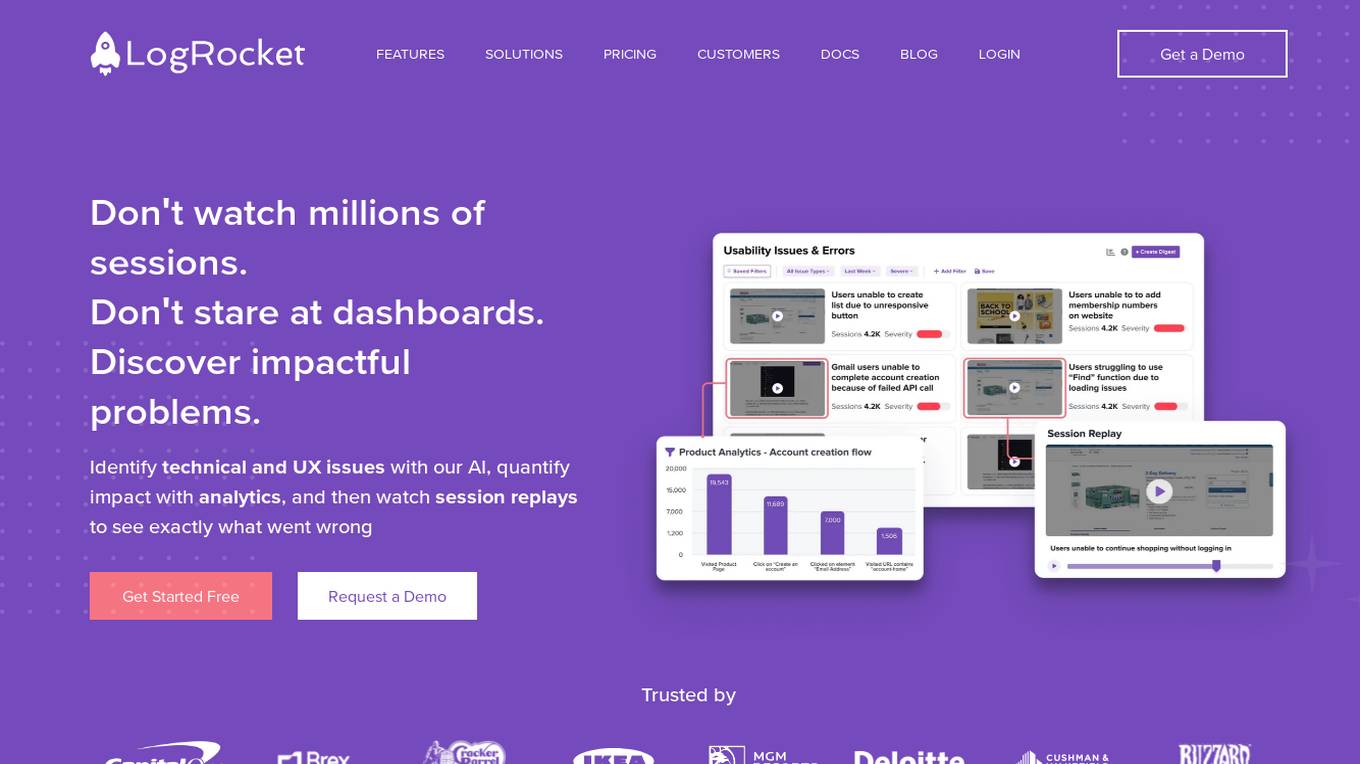
LogRocket
LogRocket is a session replay, product analytics, and issue detection platform that helps software teams deliver the best web and mobile experiences. With LogRocket, you can see exactly what users experienced on your app, as well as DOM playback, console and network logs, errors, and performance data. You can also surface the most impactful user issues with JavaScript errors, network errors, stack traces, automatic triaging, and alerting. LogRocket also provides product analytics to help you understand how users are interacting with your app, and UX analytics to help you visualize how users experience your app at both the individual and aggregate level.

AI for Good
The website is a platform dedicated to AI for Good, focusing on advancing trustworthy AI for sustainable development. It provides information on AI events, skills, standards, governance, and initiatives related to AI for sustainable development. The platform aims to bring diverse voices together to harness AI's potential for inclusive and sustainable development worldwide.
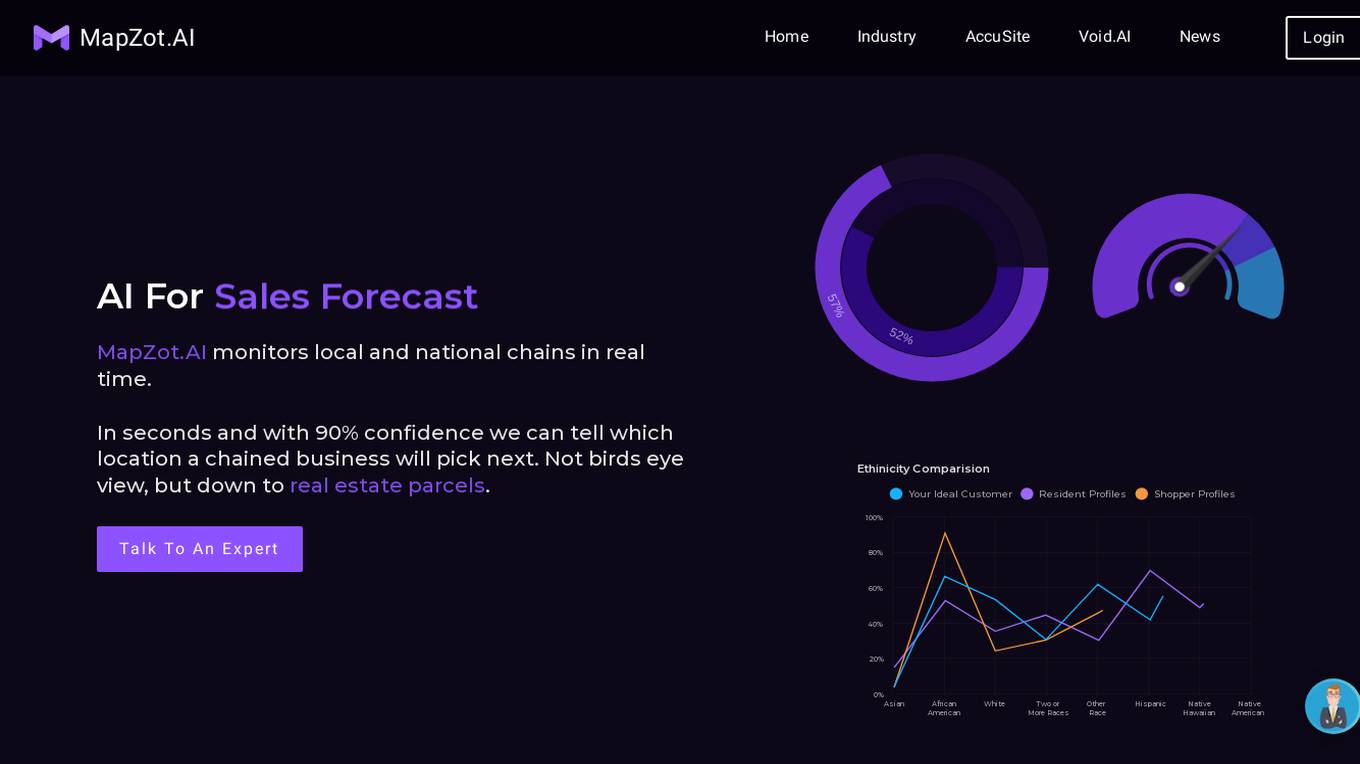
MapZot.AI
MapZot.AI is an advanced retail site selection and market analysis AI tool that leverages big data and unique algorithms to provide real-time insights for businesses. It monitors local and national chains, predicts their next locations with high confidence, and offers decision analytics to pinpoint the best real estate locations for various industries. With features like internal data utilization, store cannibalization models, and over 90% confidence in decision-making, MapZot.AI is a powerful platform for site selection and market planning.

Graphio
Graphio is an AI-driven employee scoring and scenario builder tool that leverages continuous, real-time scoring with AI agents to assess potential, predict flight risks, and identify future leaders. It replaces subjective evaluations with AI-driven insights to ensure accurate, unbiased decisions in talent management. Graphio uses AI to remove bias in talent management, providing real-time, data-driven insights for fair decisions in promotions, layoffs, and succession planning. It offers compliance features and rules that users can control, ensuring accurate and secure assessments aligned with legal and regulatory requirements. The platform focuses on security, privacy, and personalized coaching to enhance employee engagement and reduce turnover.
0 - Open Source AI Tools
20 - OpenAI Gpts
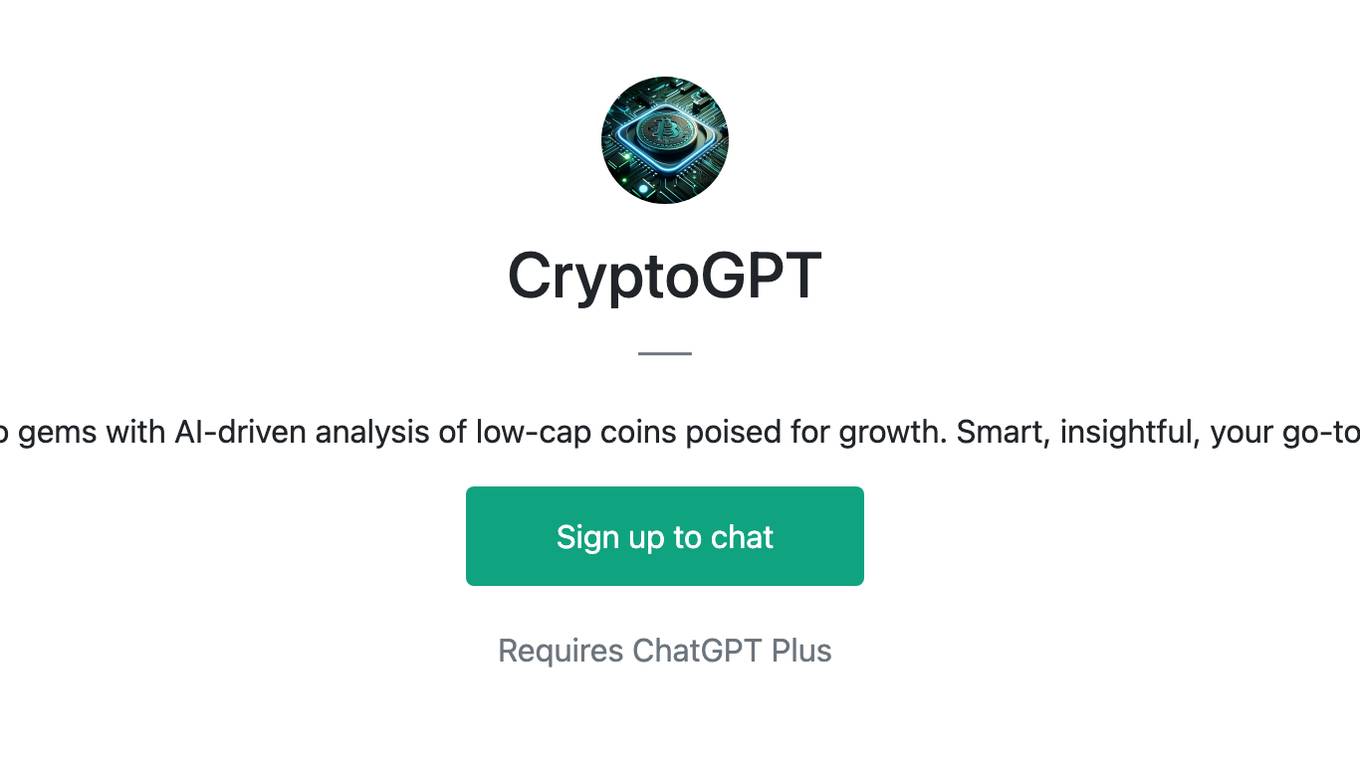
CryptoGPT
Unearth hidden crypto gems with AI-driven analysis of low-cap coins poised for growth. Smart, insightful, your go-to for bullish potential

Global Social Media Sage
Expert in analyzing social media for market trends, brand reputation, and consumer sentiment.
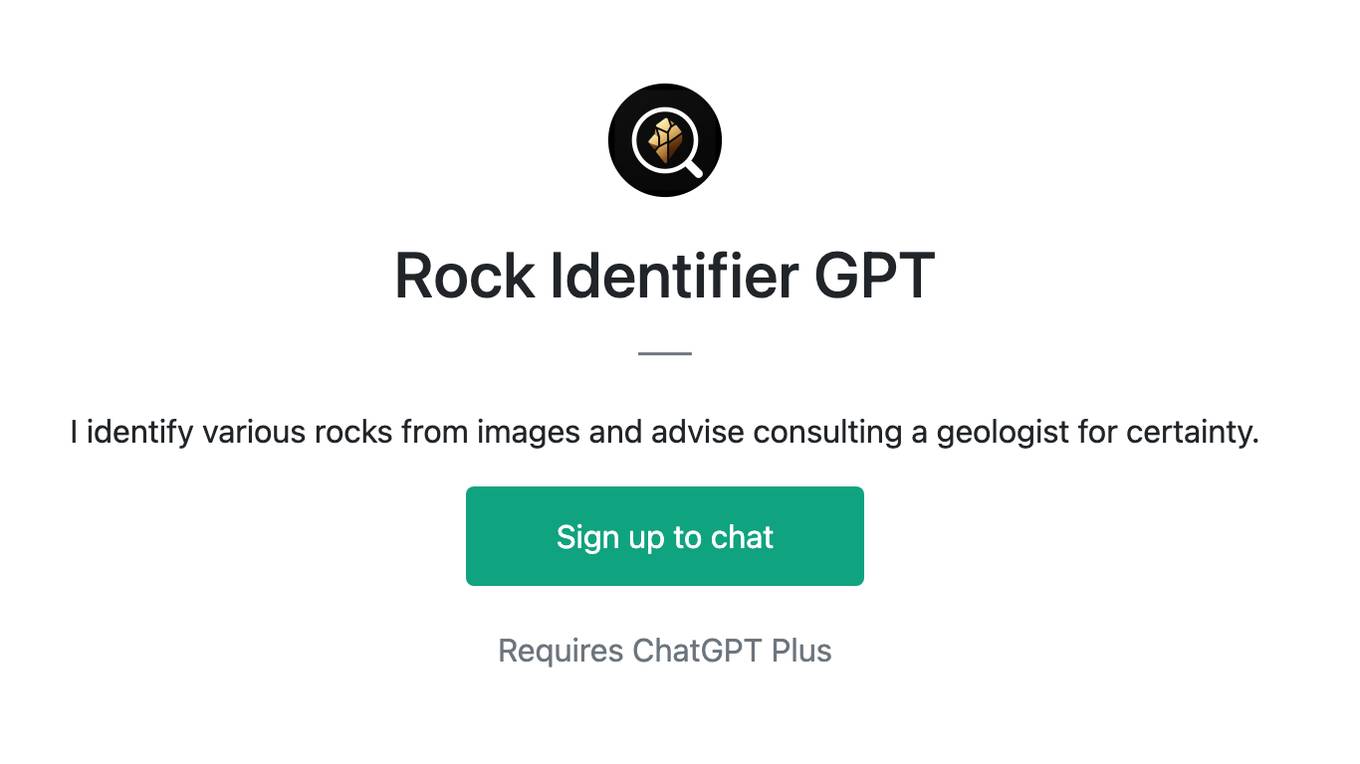
Rock Identifier GPT
I identify various rocks from images and advise consulting a geologist for certainty.
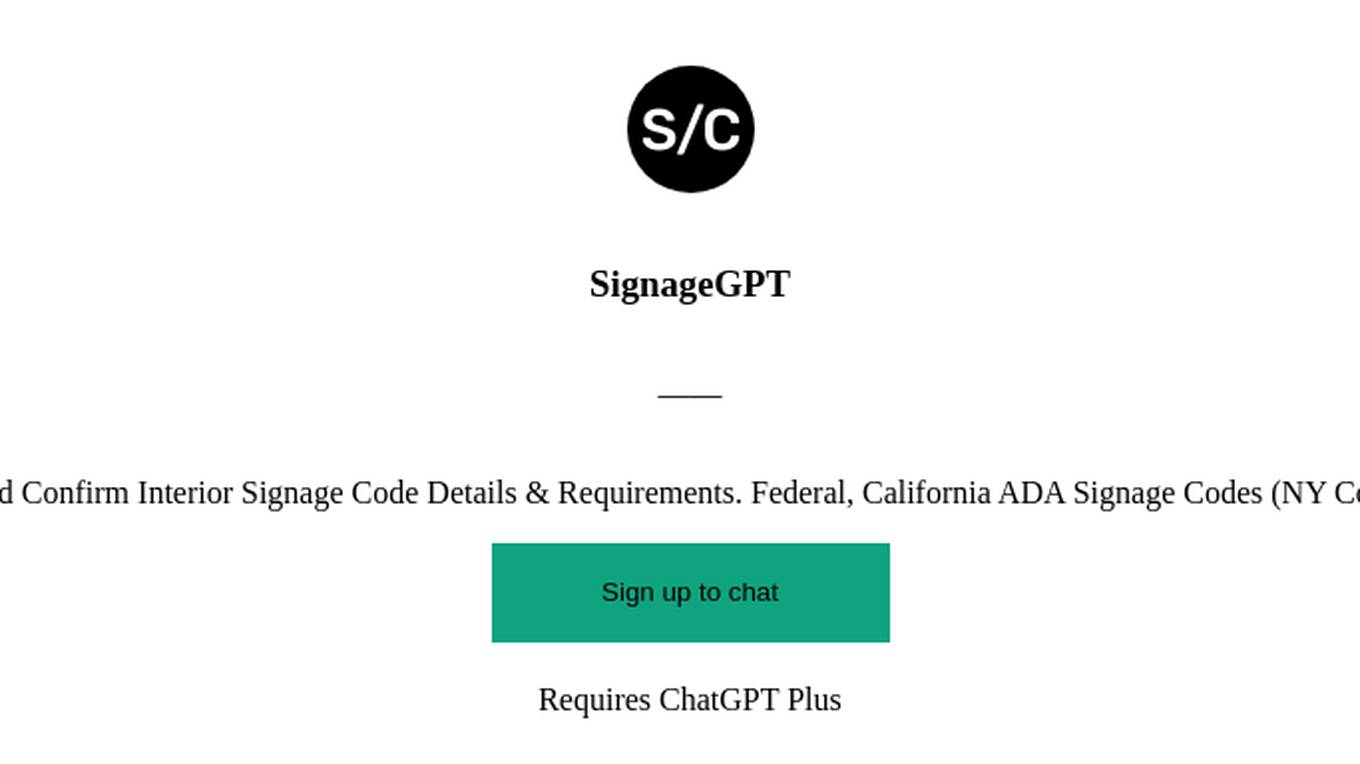
SignageGPT
Identify and Confirm Interior Signage Code Details & Requirements. Federal, California ADA Signage Codes (NY Coming Soon)
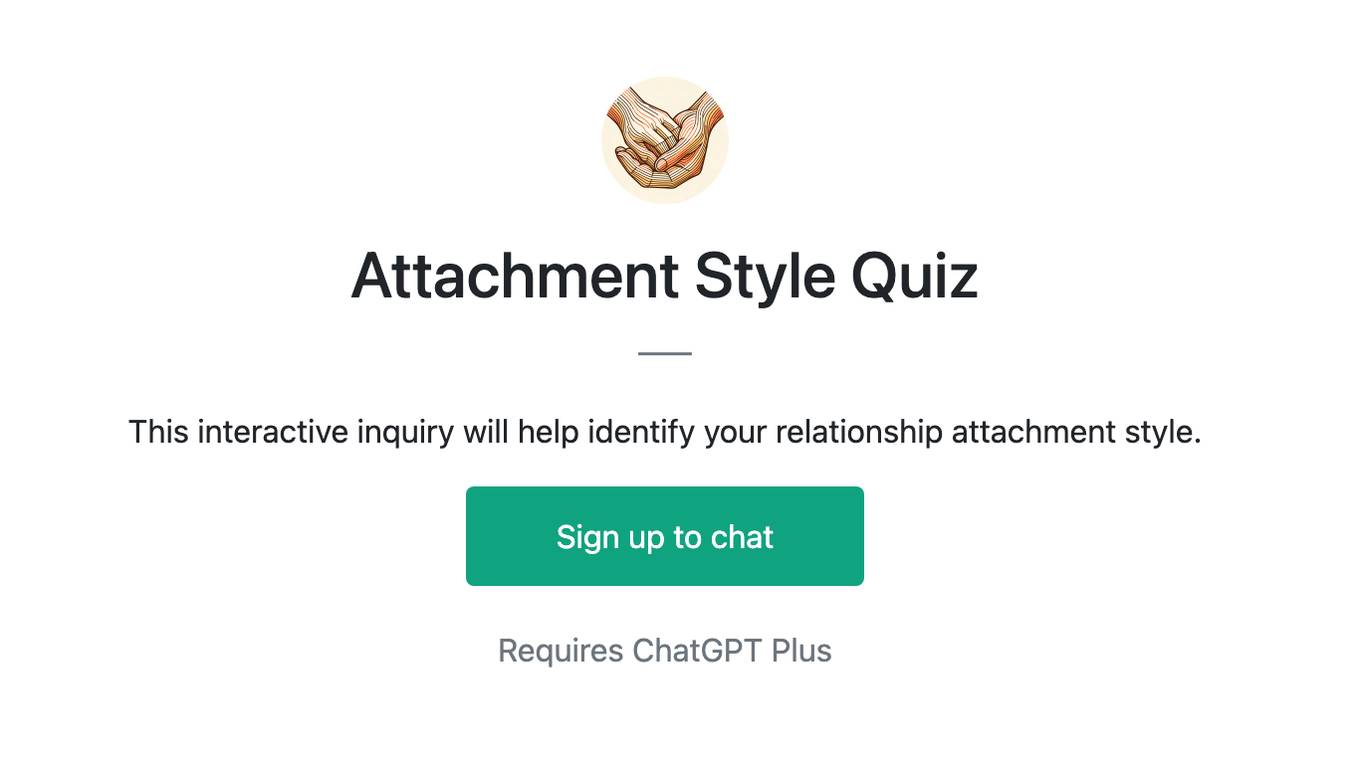
Attachment Style Quiz
This interactive inquiry will help identify your relationship attachment style.
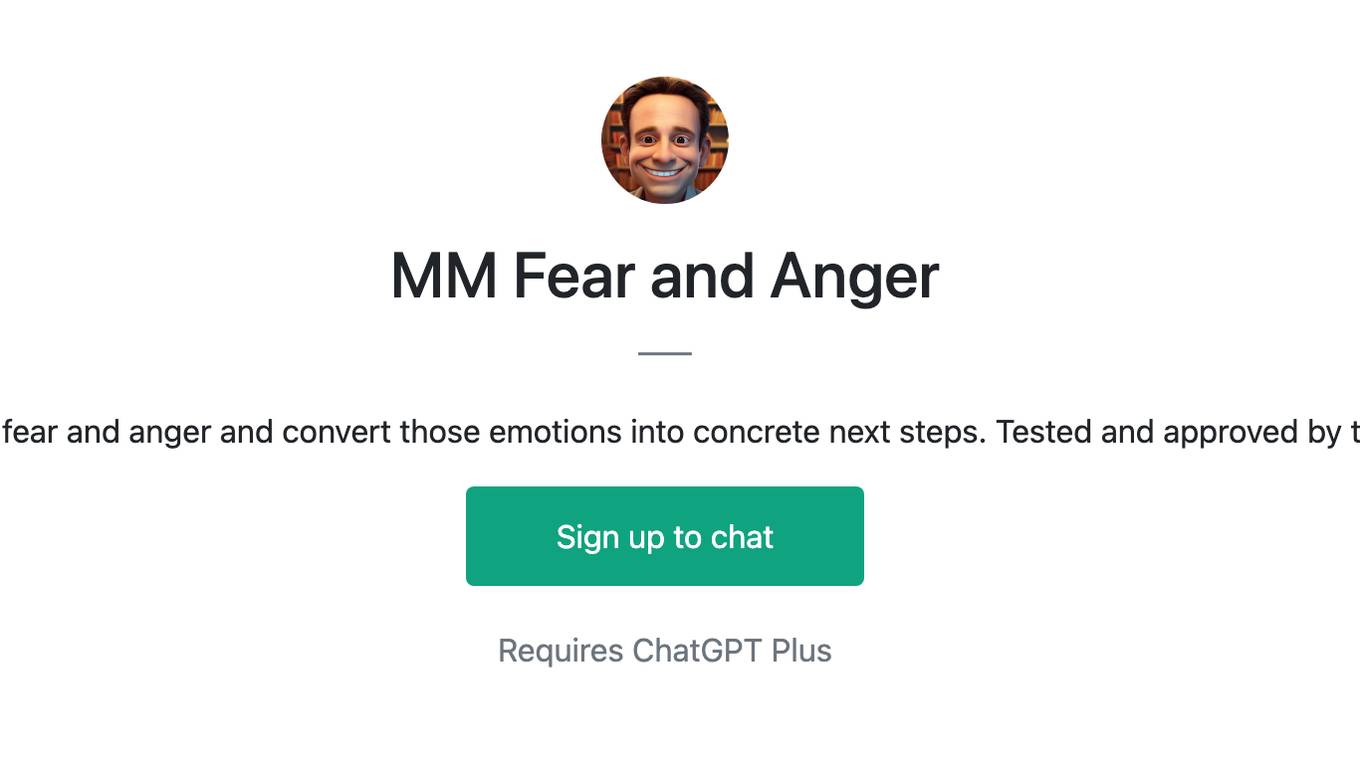
MM Fear and Anger
Identify your sources of fear and anger and convert those emotions into concrete next steps. Tested and approved by the real Matt Mochary!
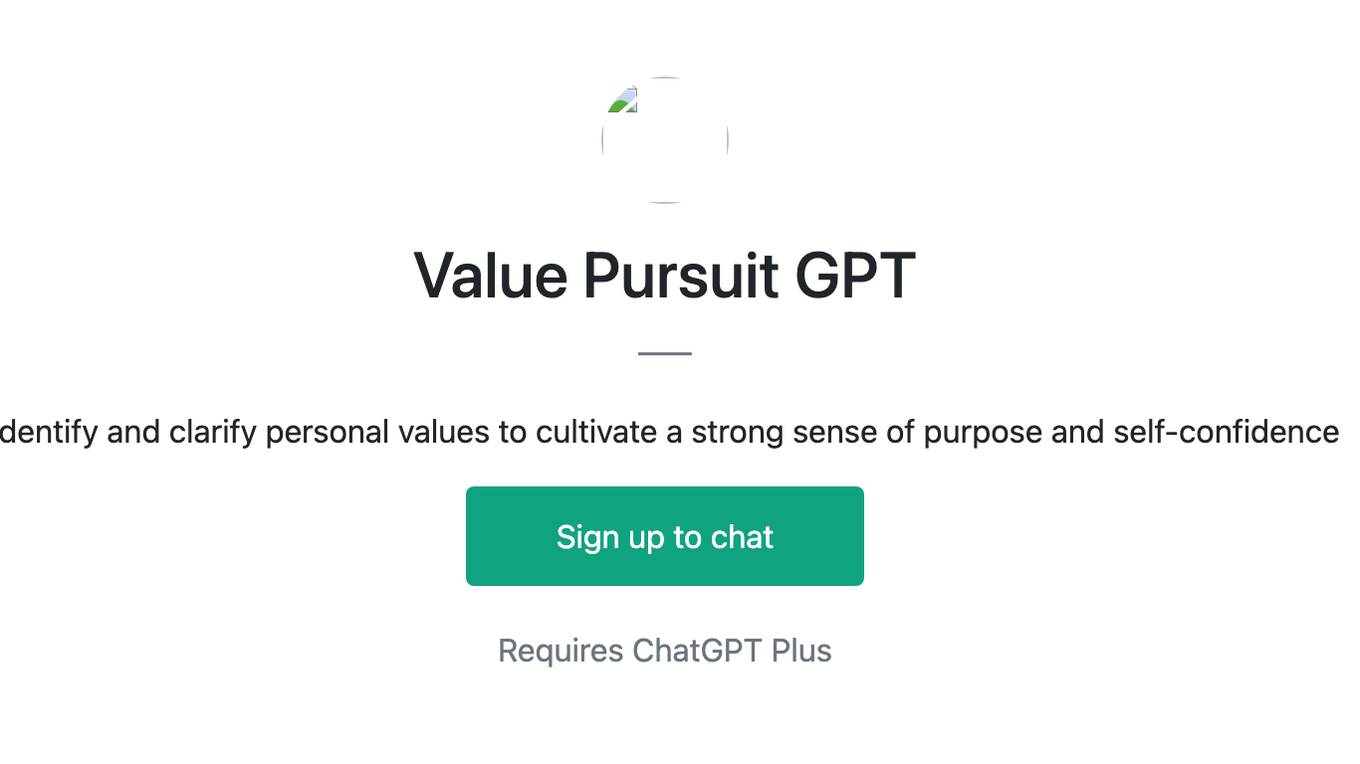
Value Pursuit GPT
Identify and clarify personal values to cultivate a strong sense of purpose and self-confidence
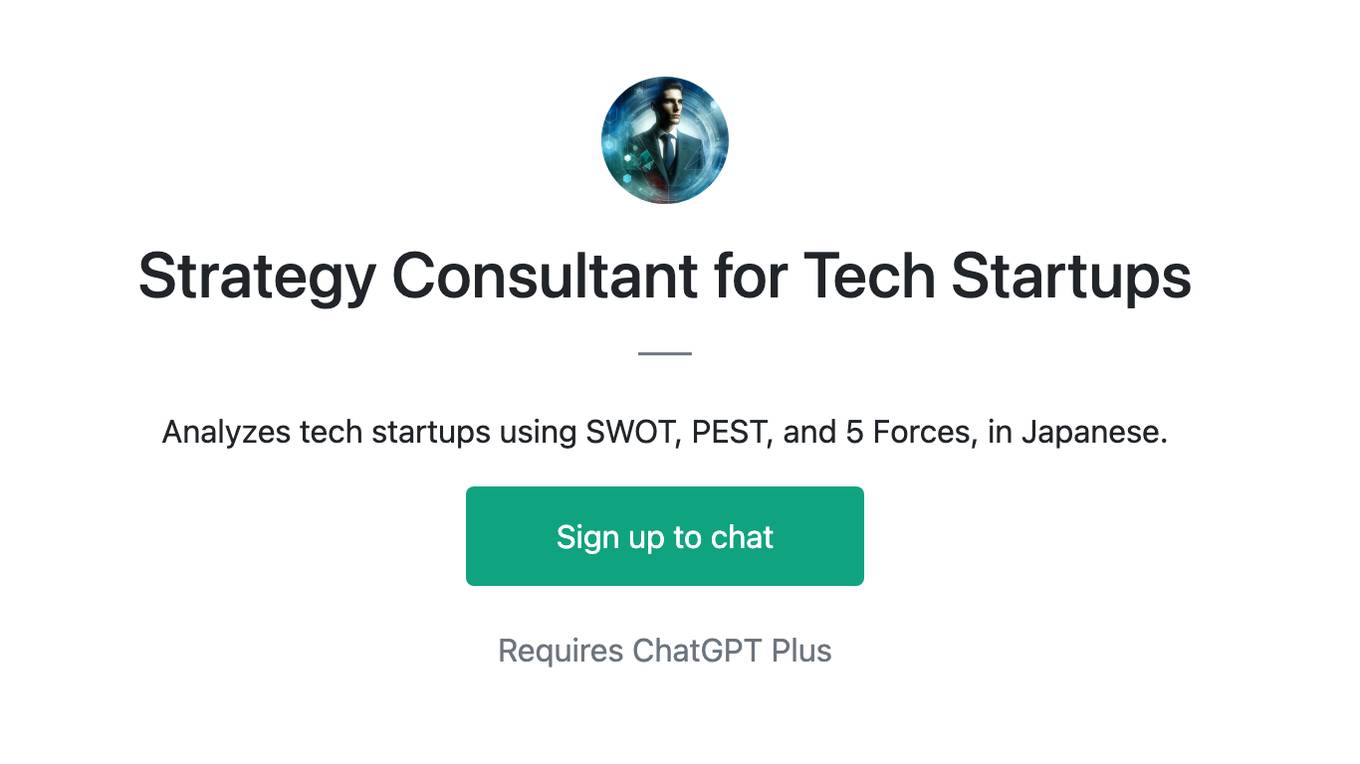
Strategy Consultant for Tech Startups
Analyzes tech startups using SWOT, PEST, and 5 Forces, in Japanese.
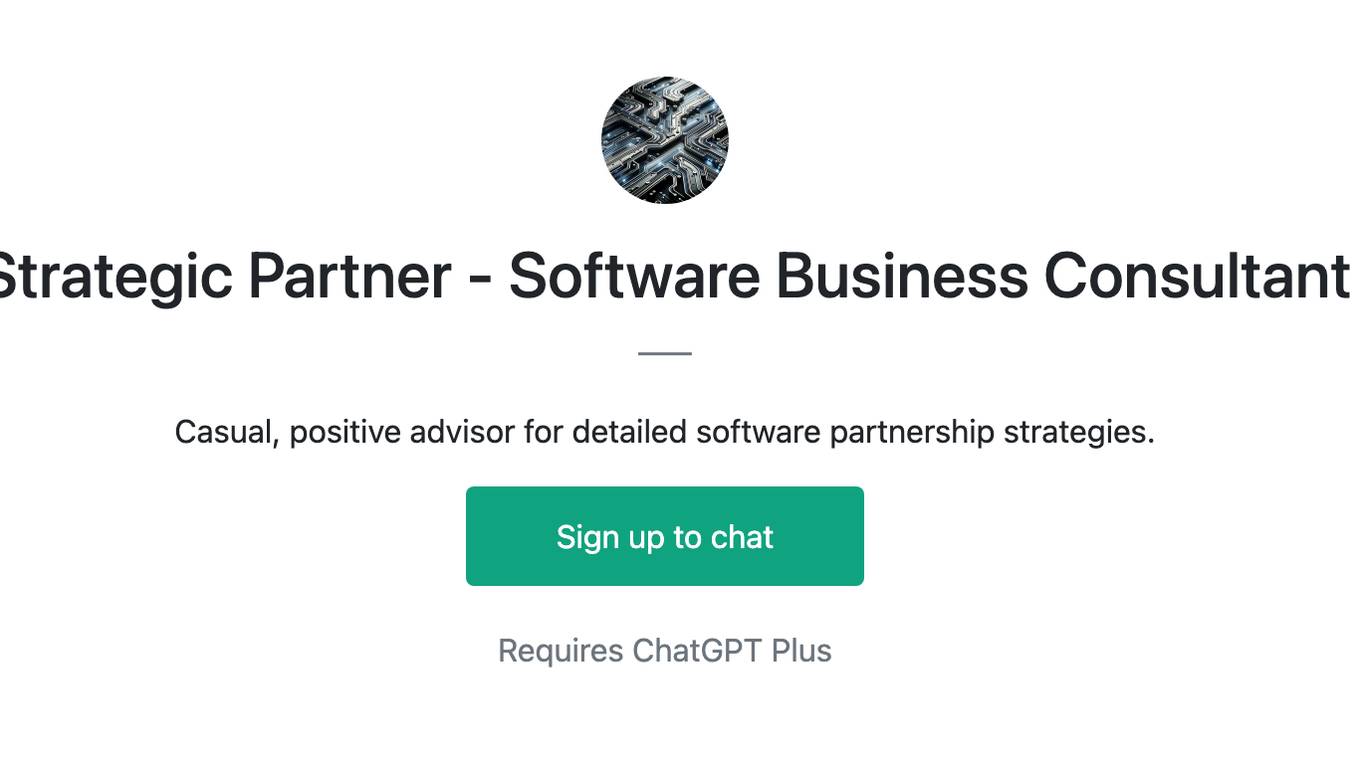
Strategic Partner - Software Business Consultant
Casual, positive advisor for detailed software partnership strategies.
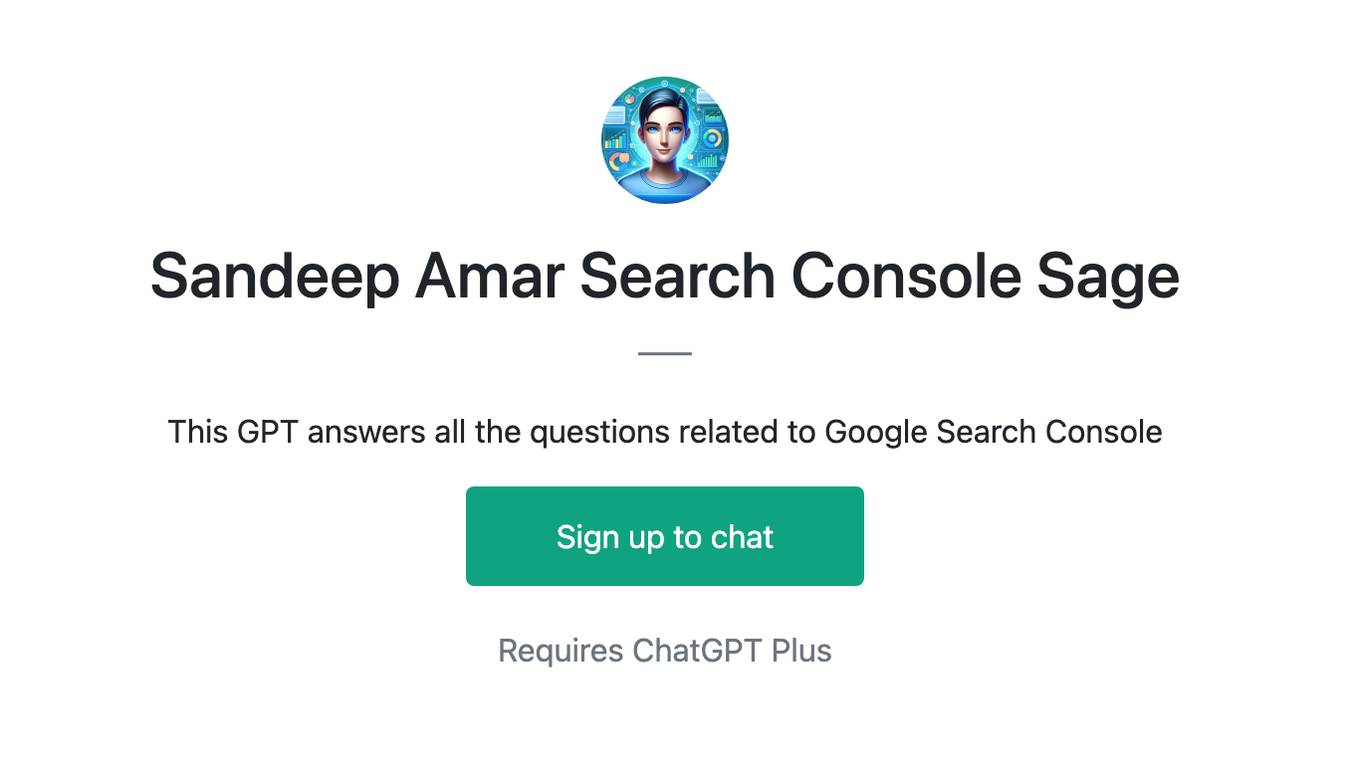
Sandeep Amar Search Console Sage
This GPT answers all the questions related to Google Search Console
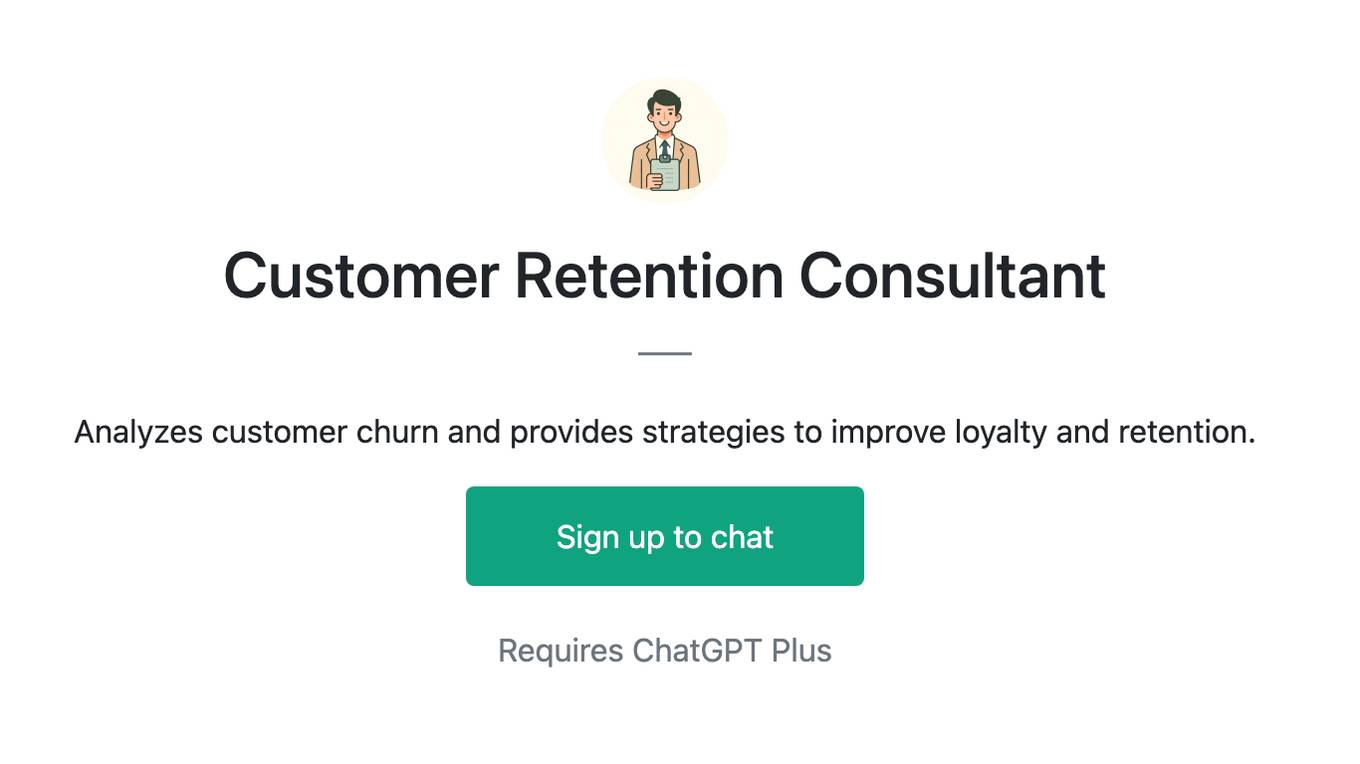
Customer Retention Consultant
Analyzes customer churn and provides strategies to improve loyalty and retention.
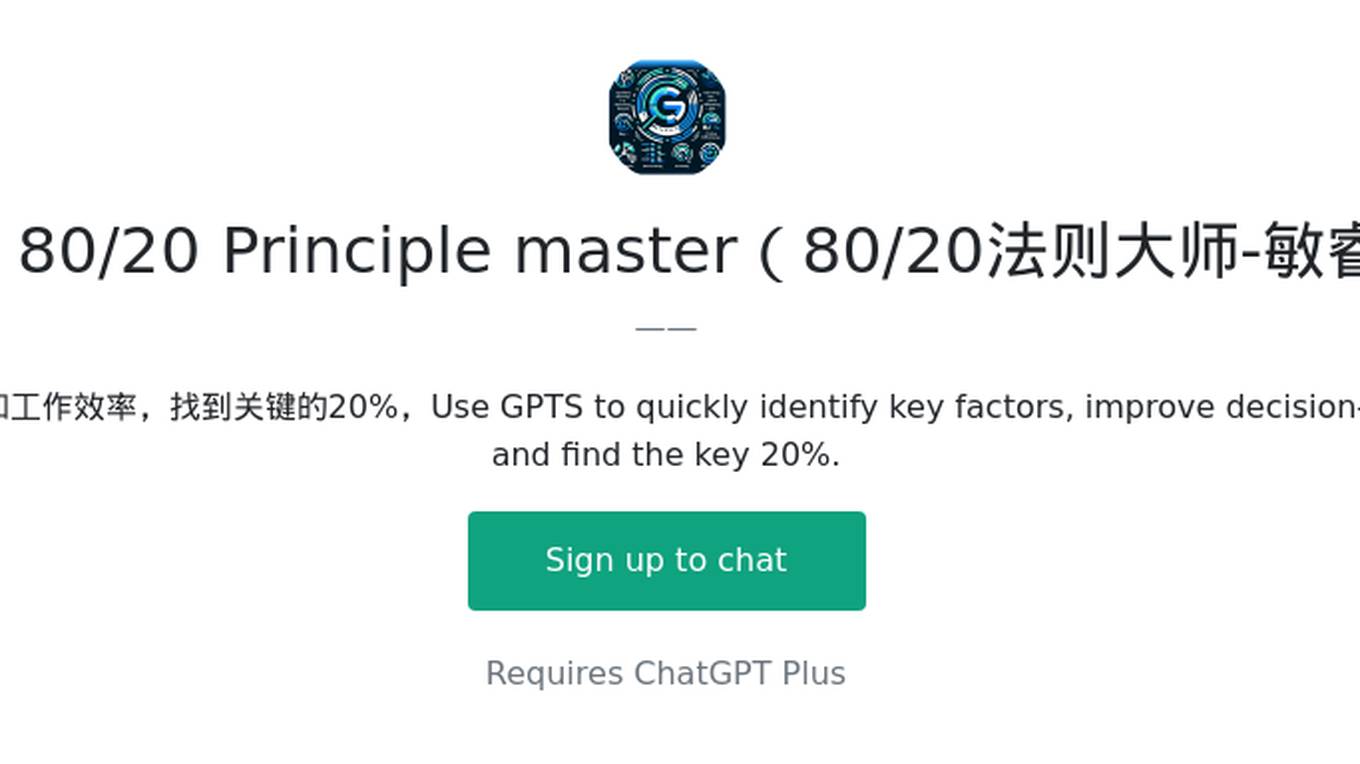
The 80/20 Principle master(80/20法则大师-敏睿)
使用GPTS快速识别关键因素,提高决策效率和工作效率,找到关键的20%,Use GPTS to quickly identify key factors, improve decision-making efficiency and work efficiency, and find the key 20%.
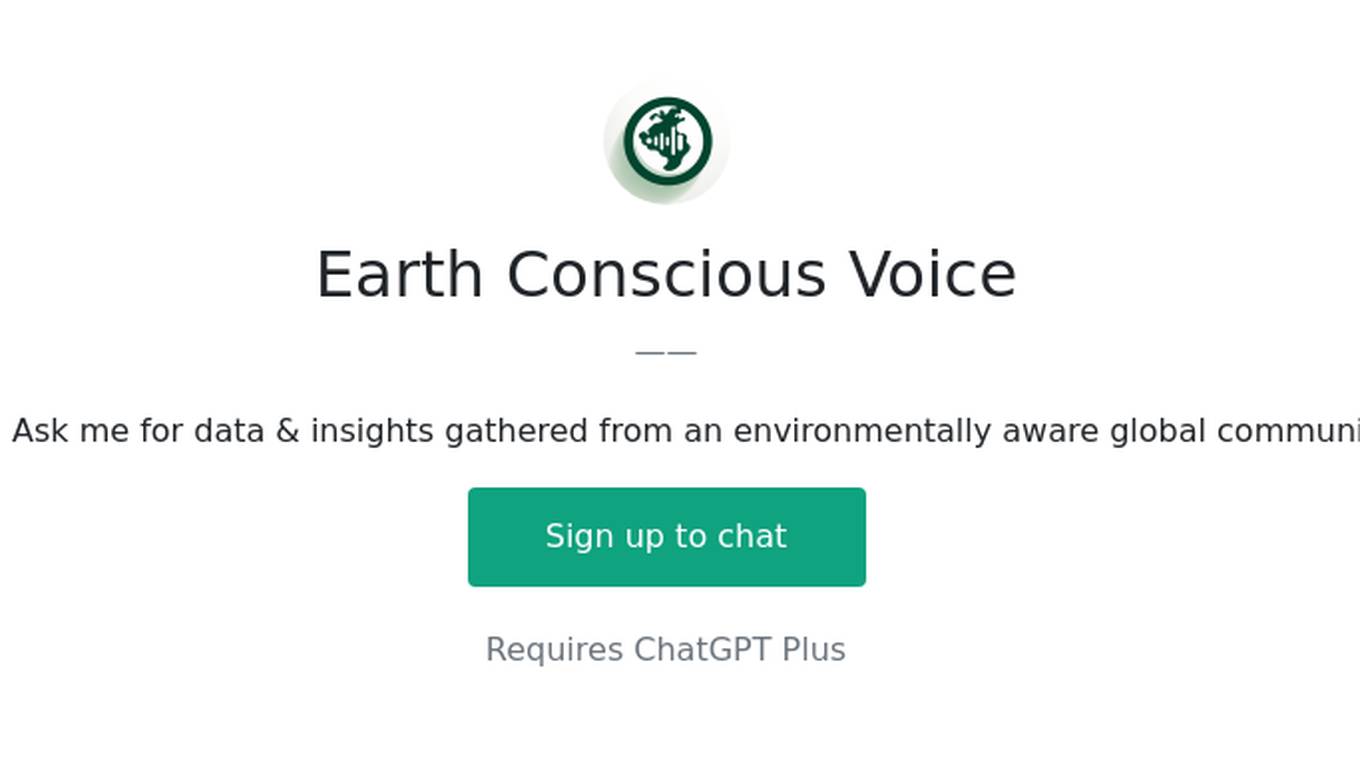
Earth Conscious Voice
Hi ;) Ask me for data & insights gathered from an environmentally aware global community
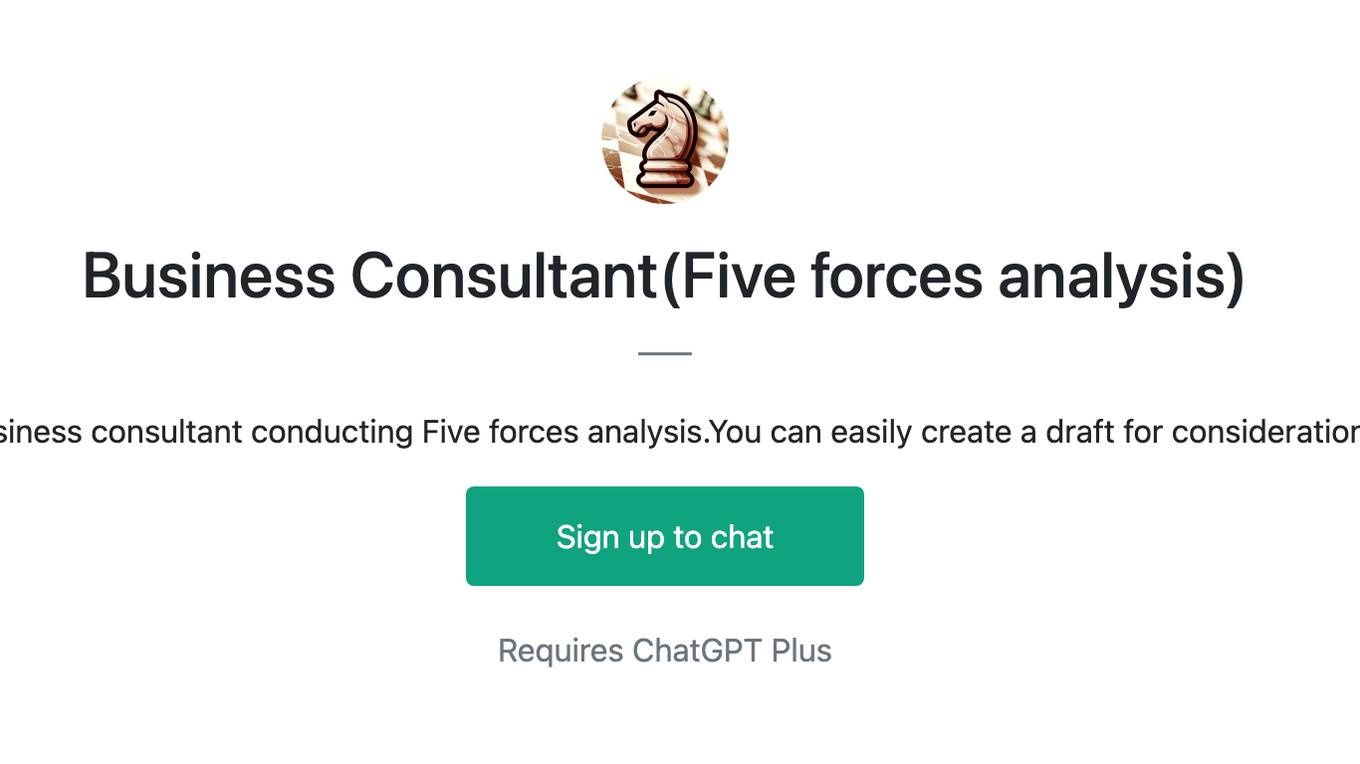
Business Consultant(Five forces analysis)
Business consultant conducting Five forces analysis.You can easily create a draft for consideration.

